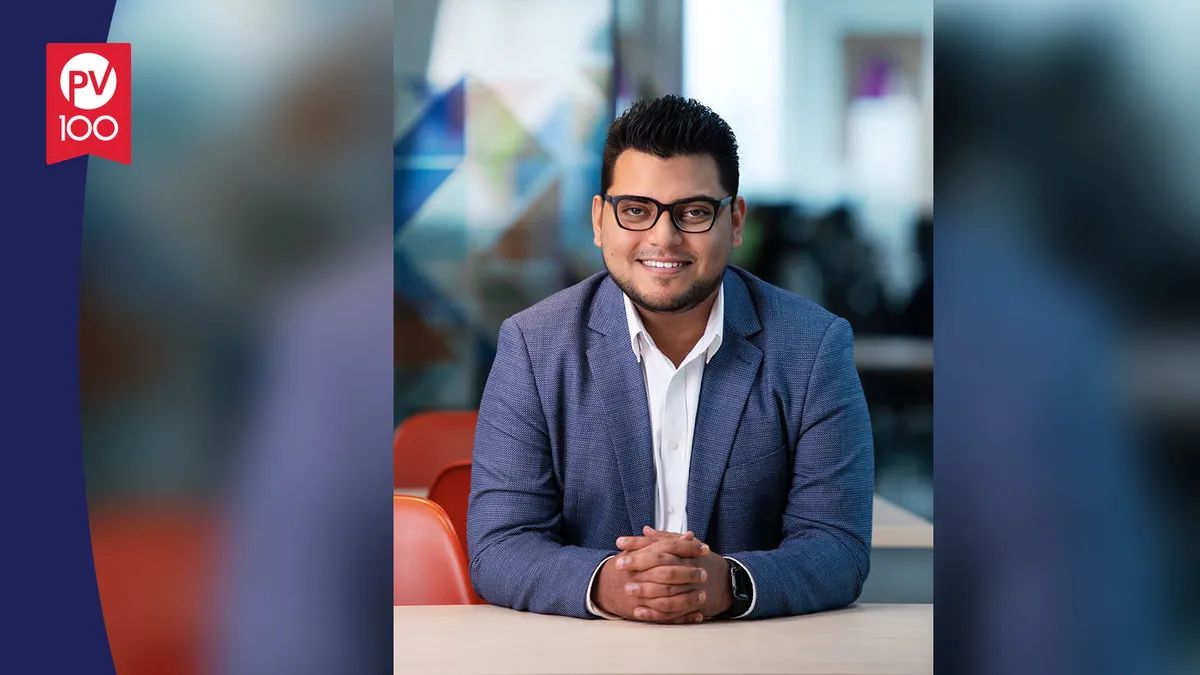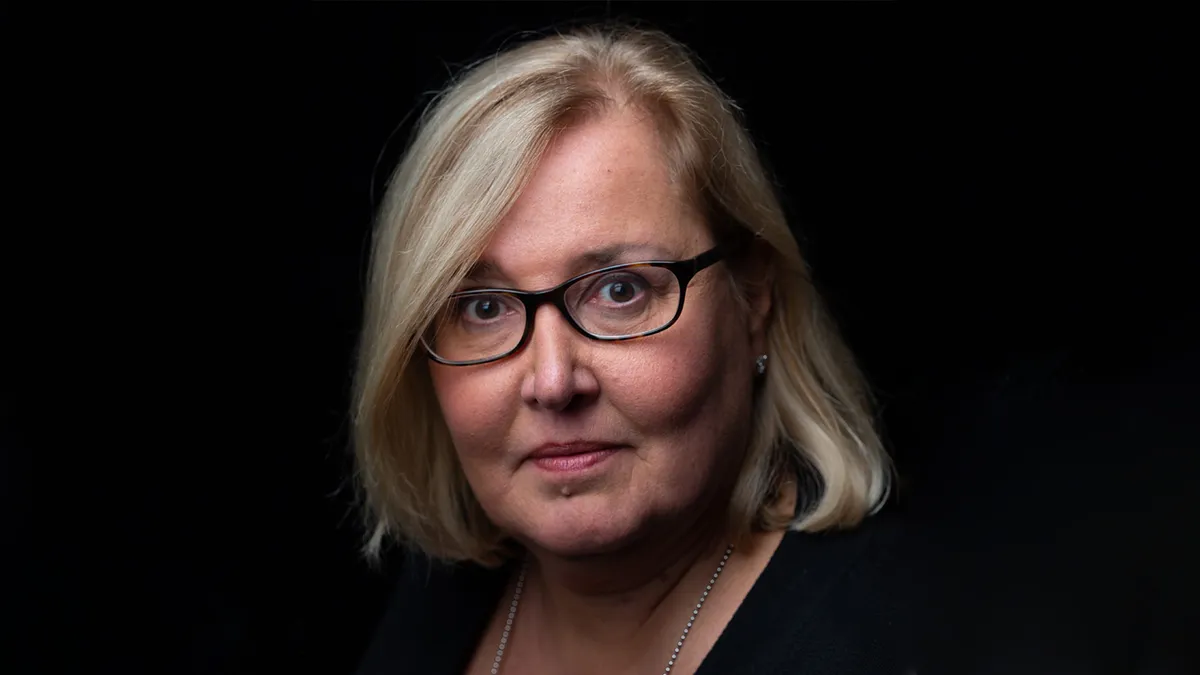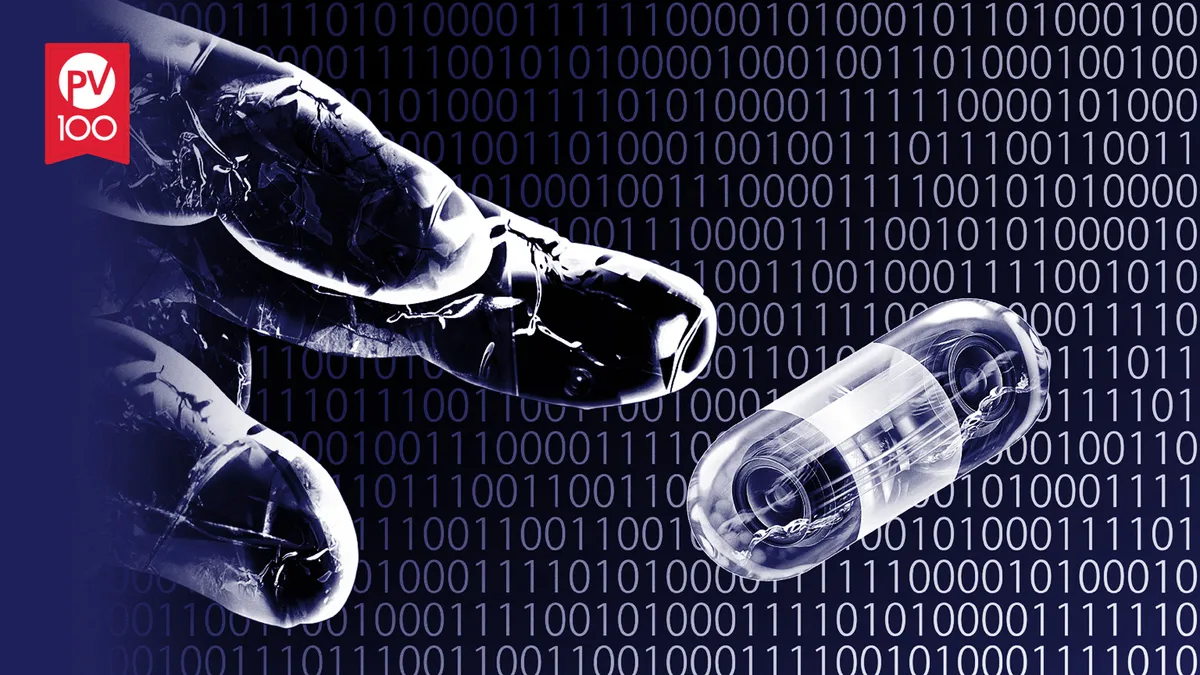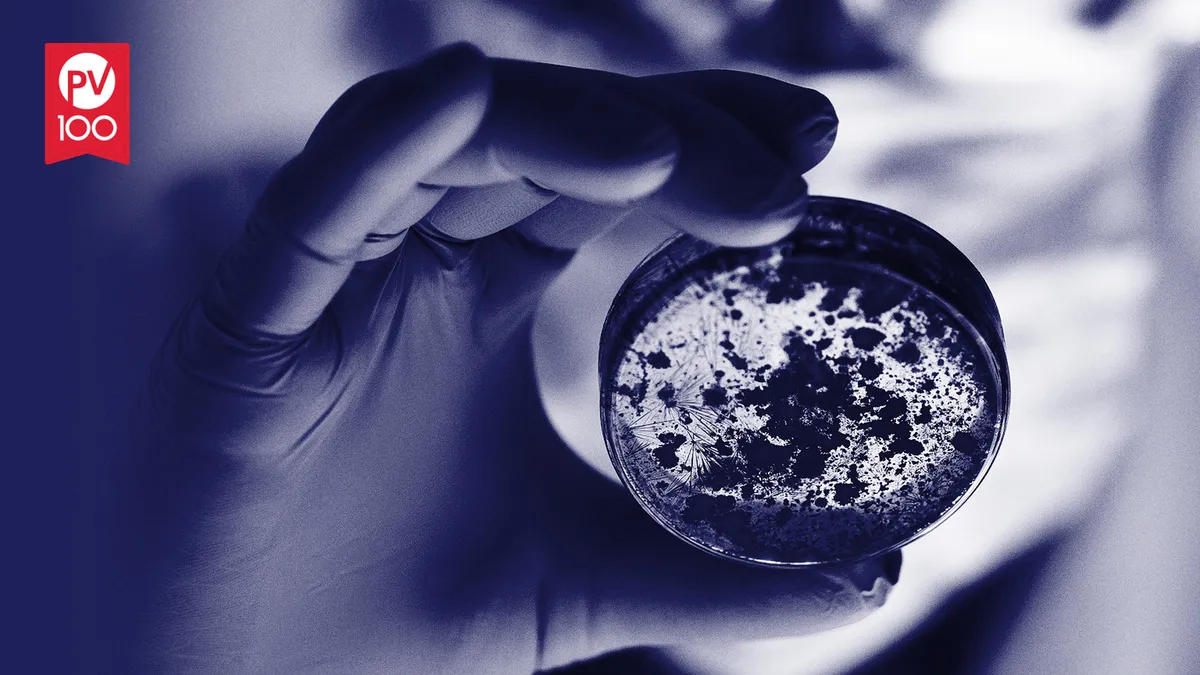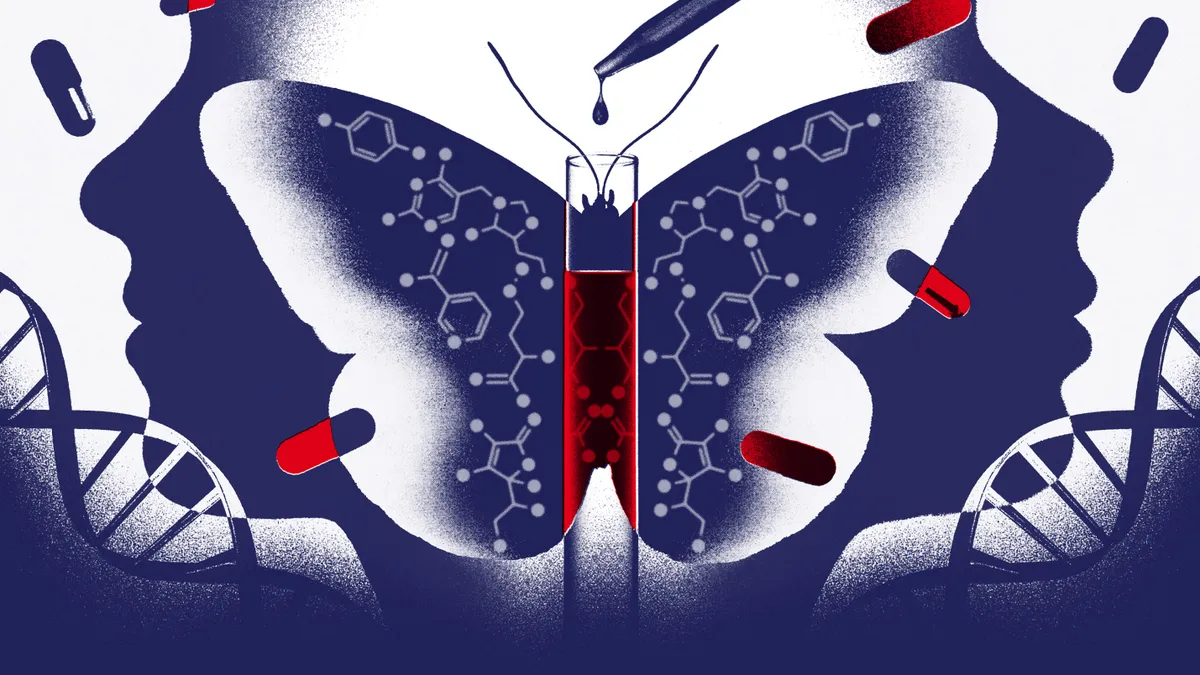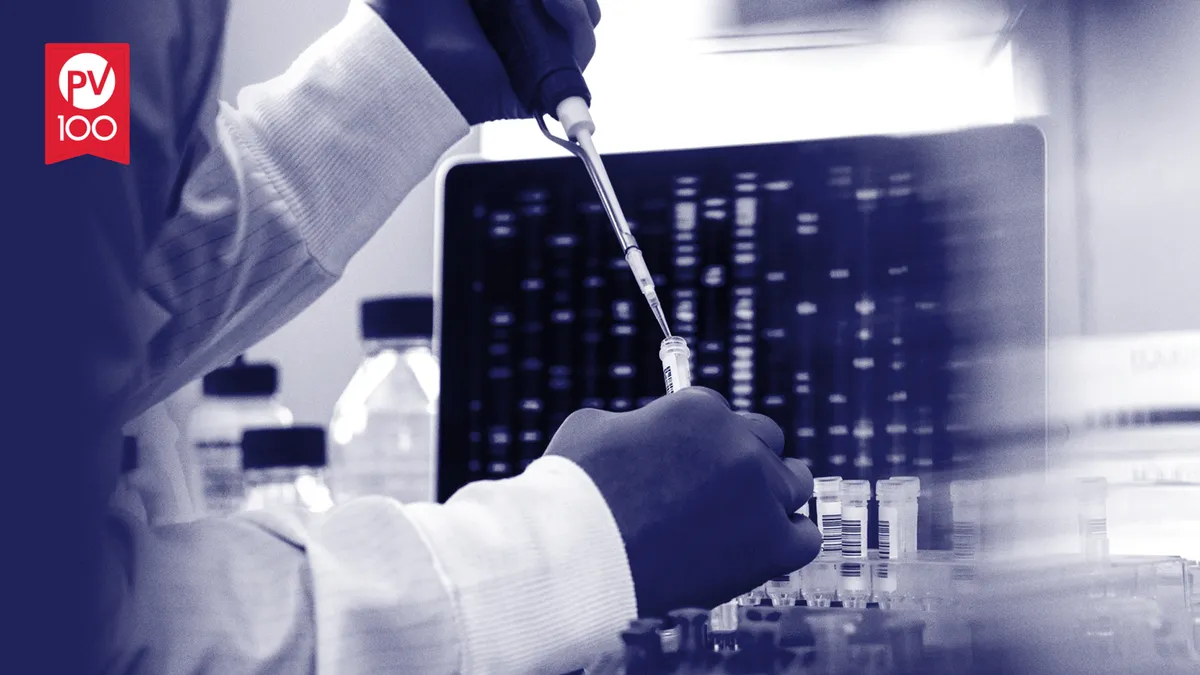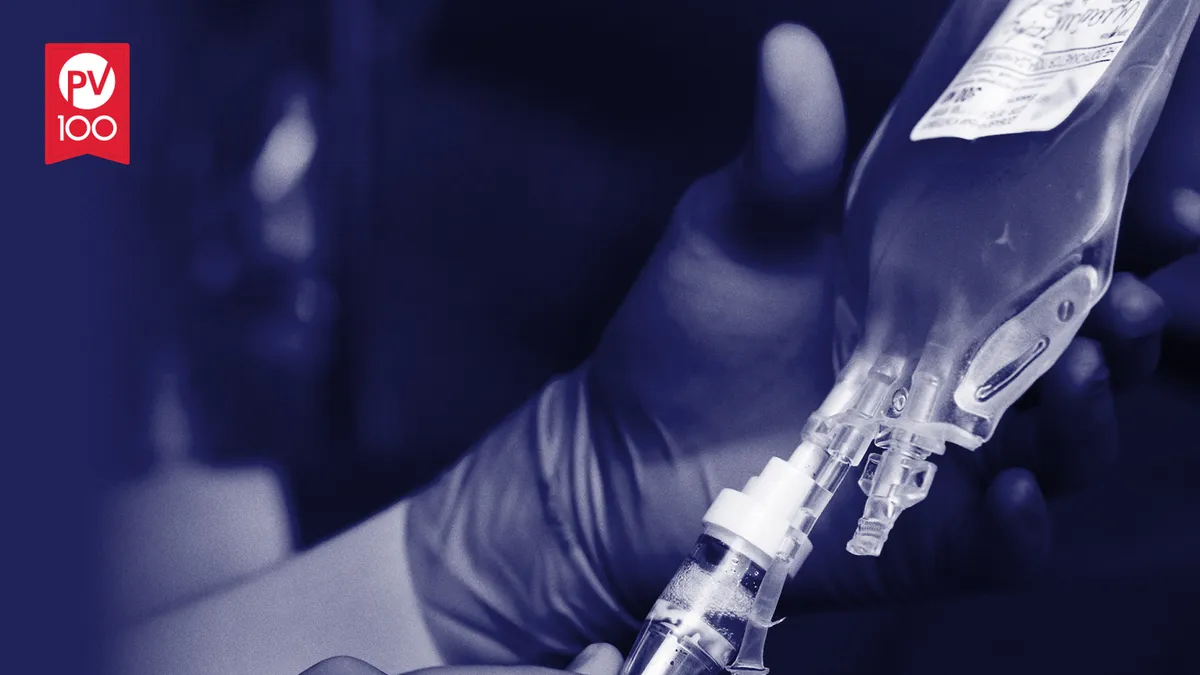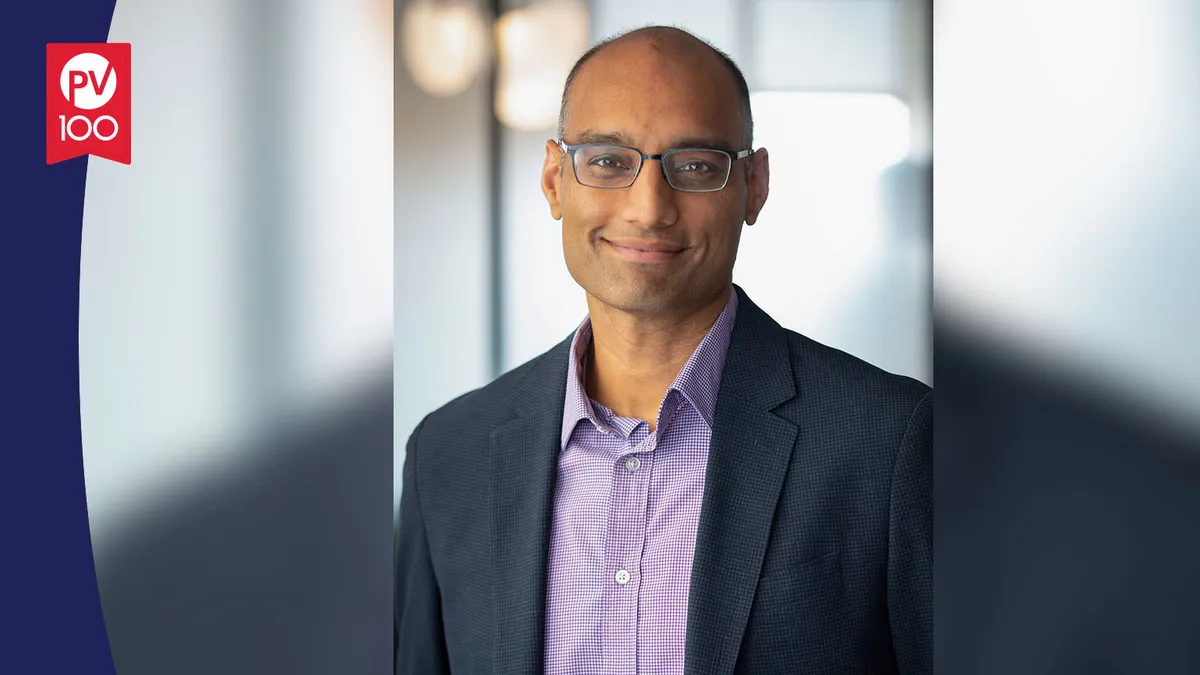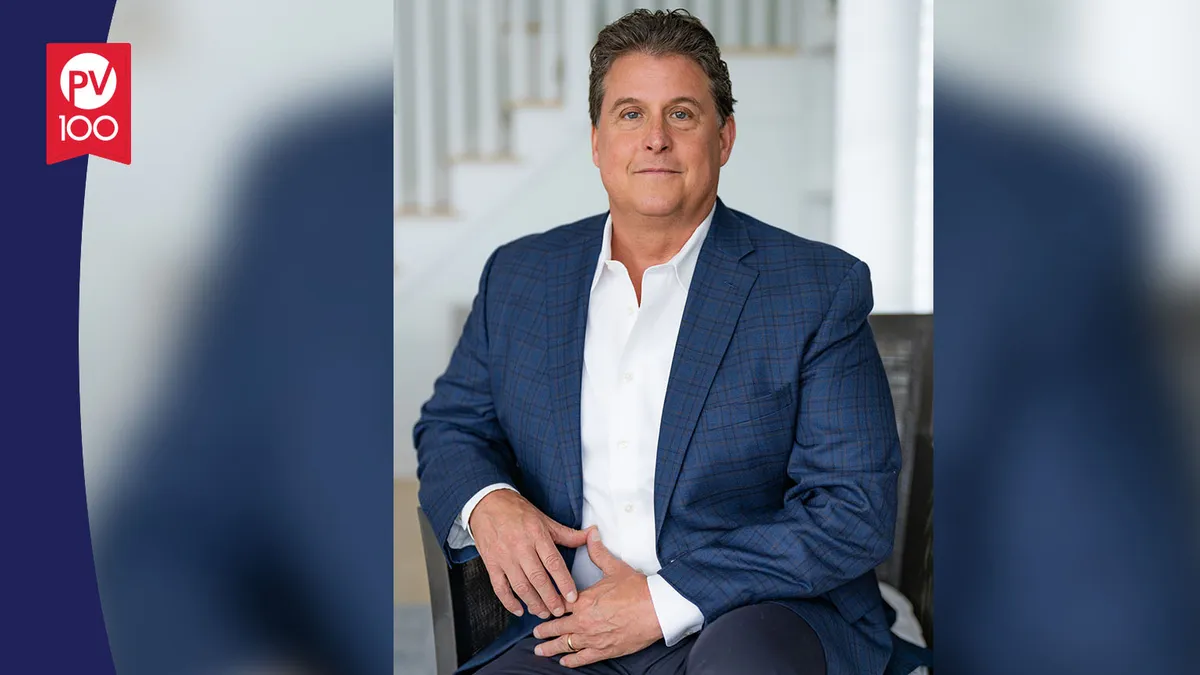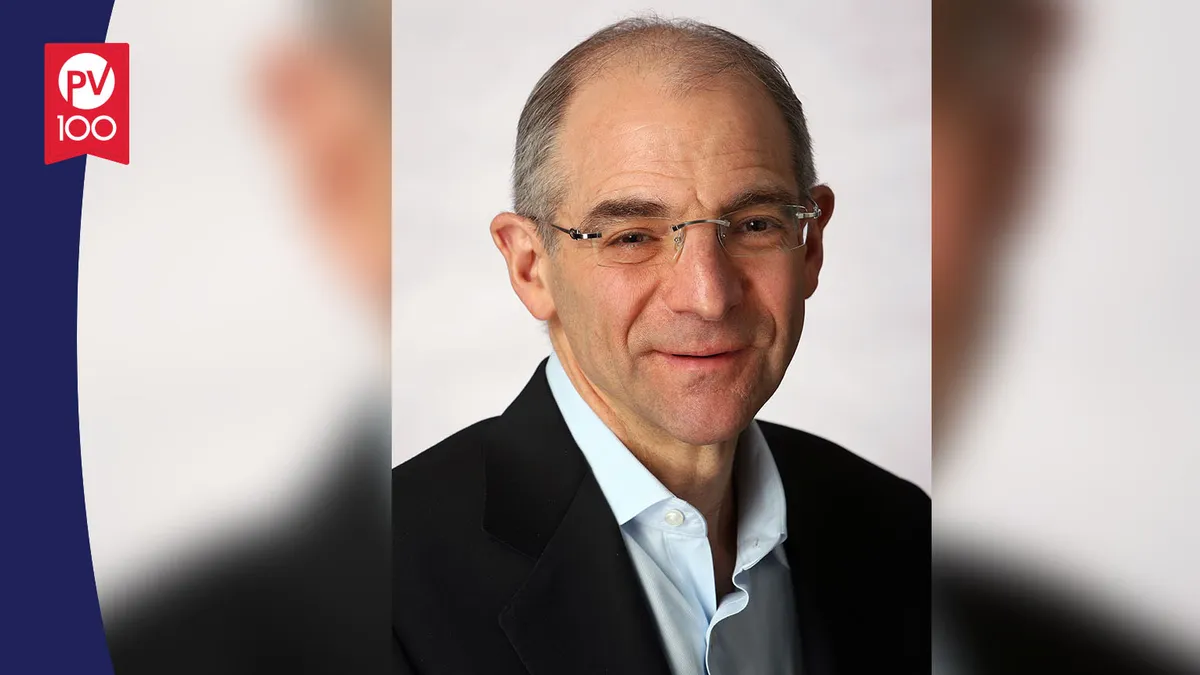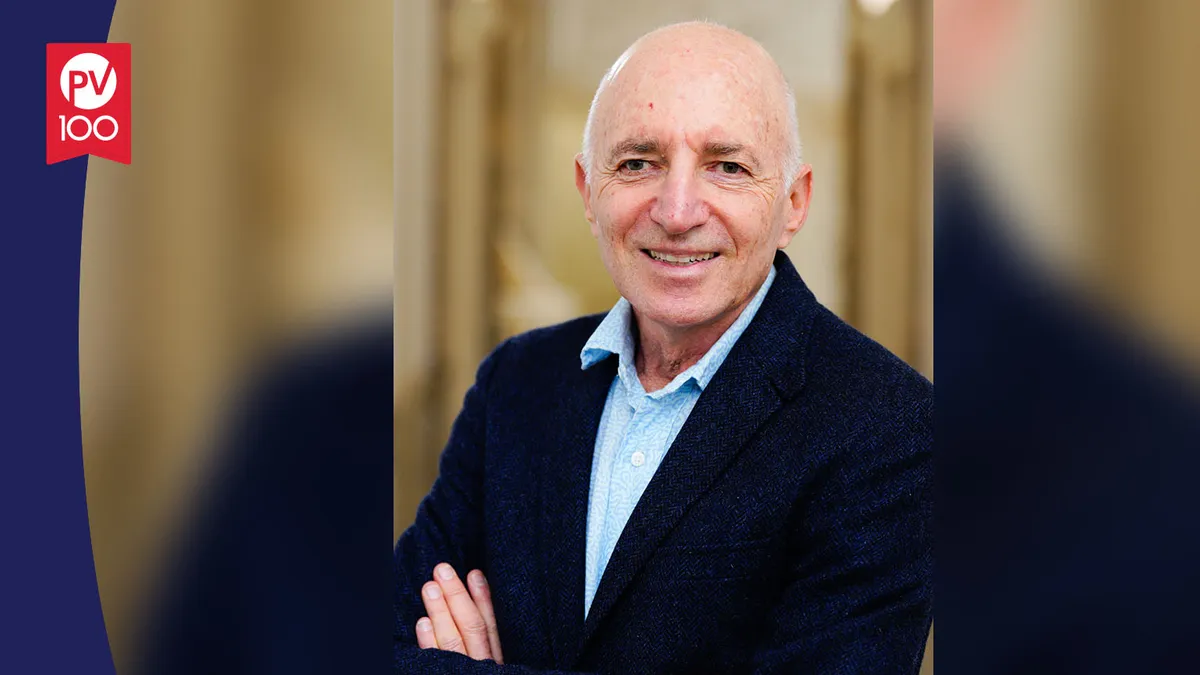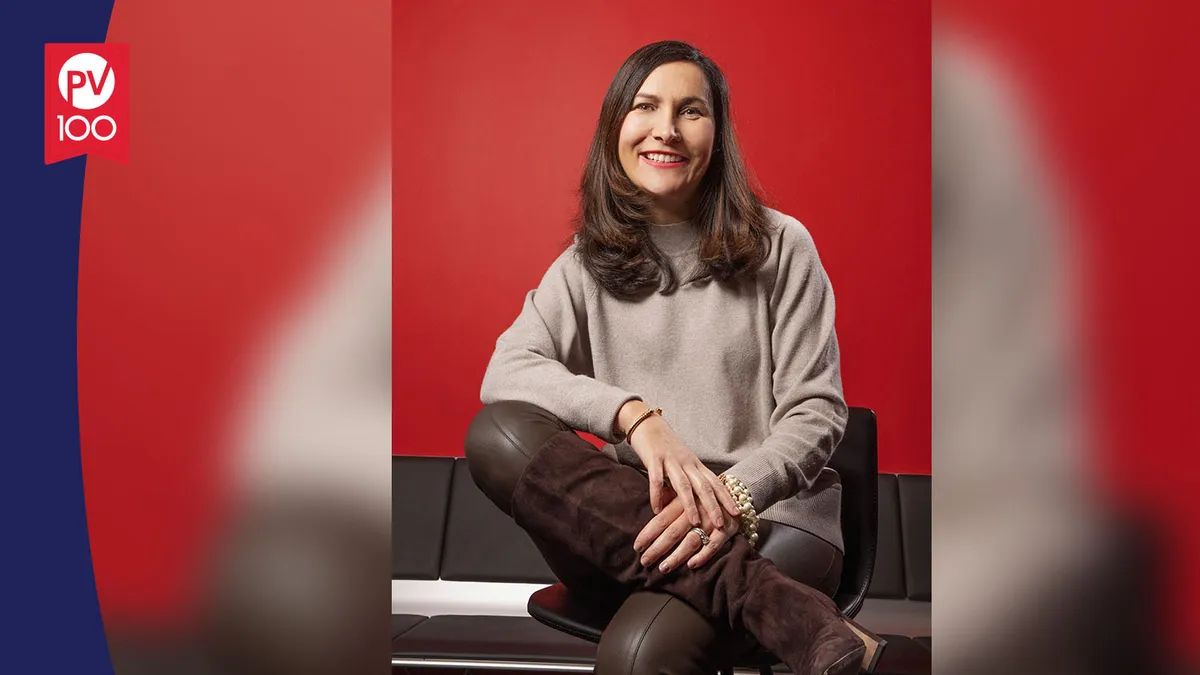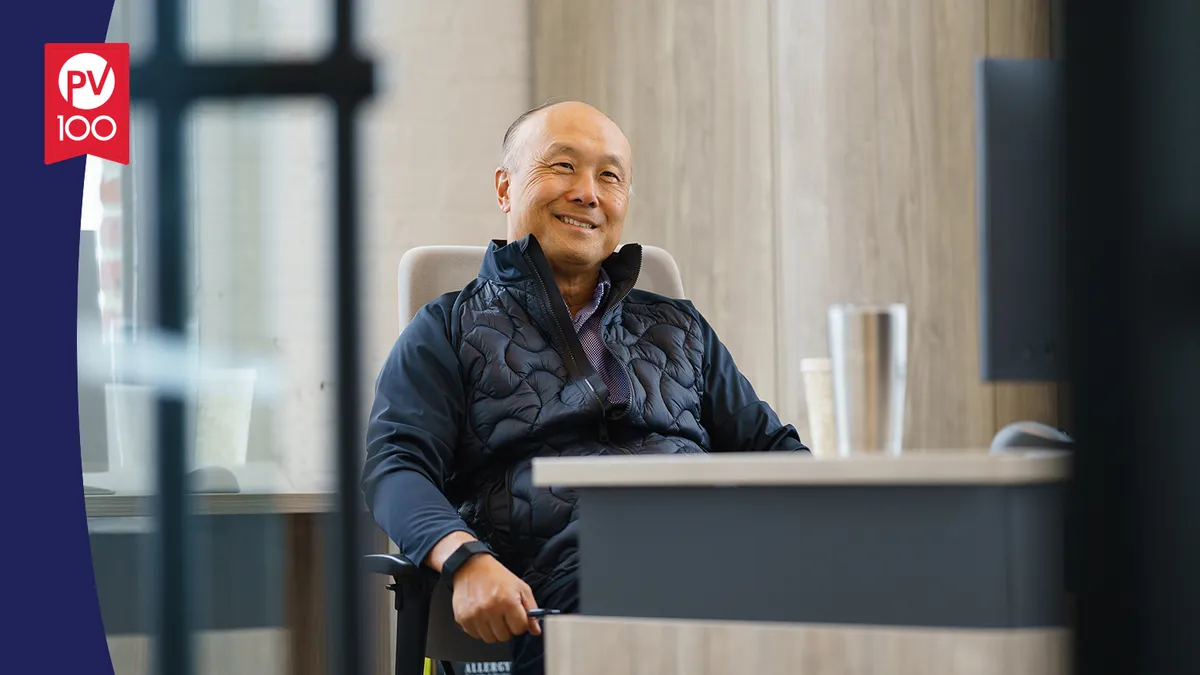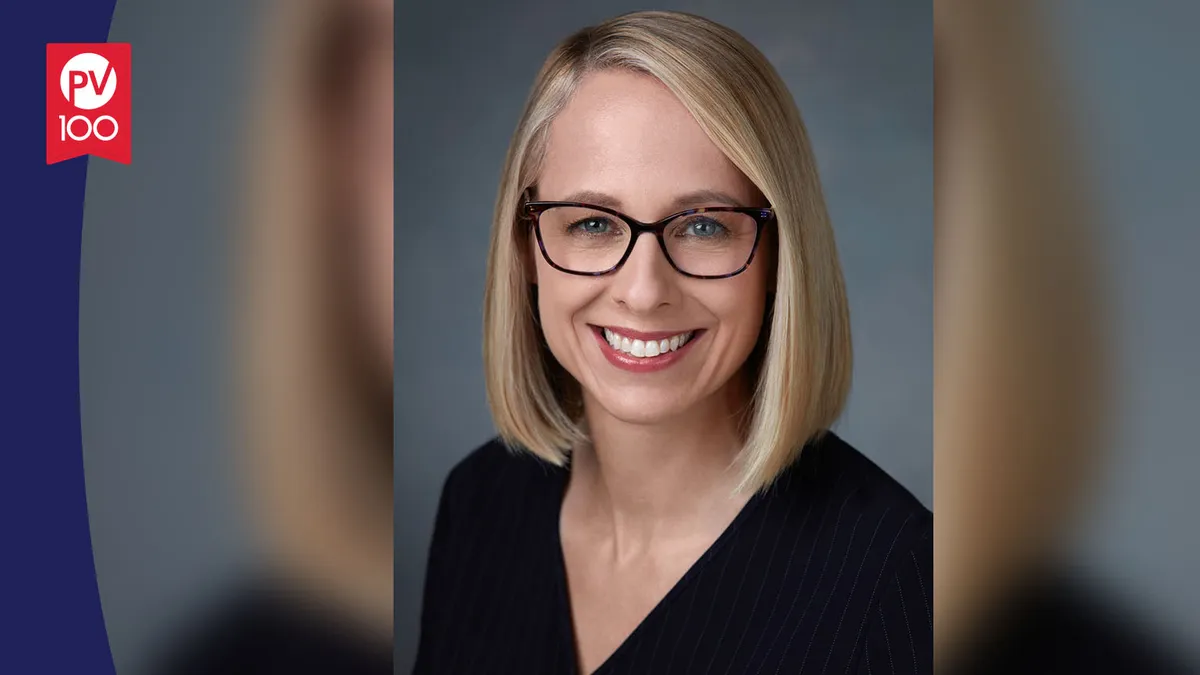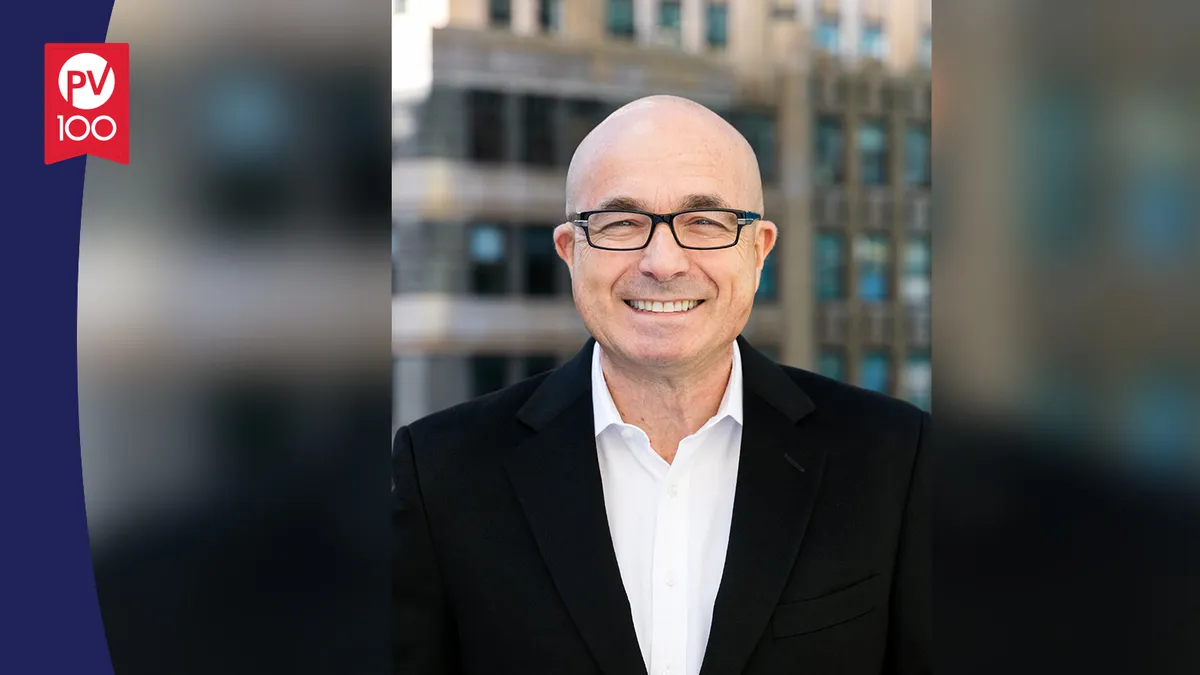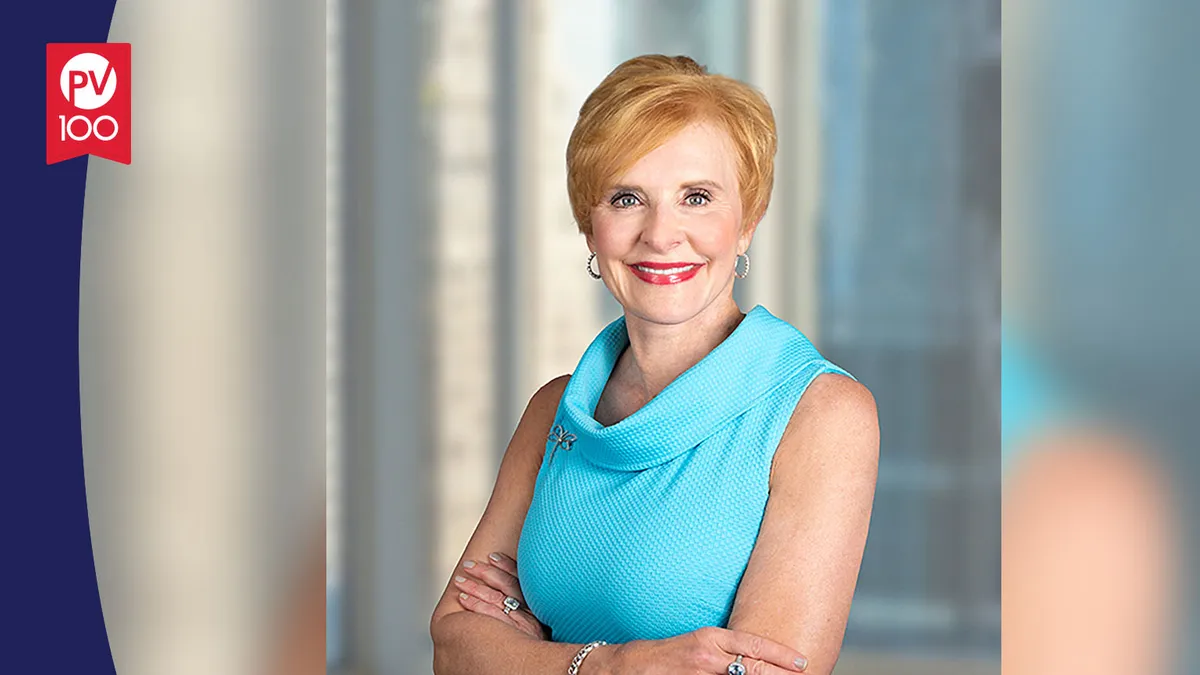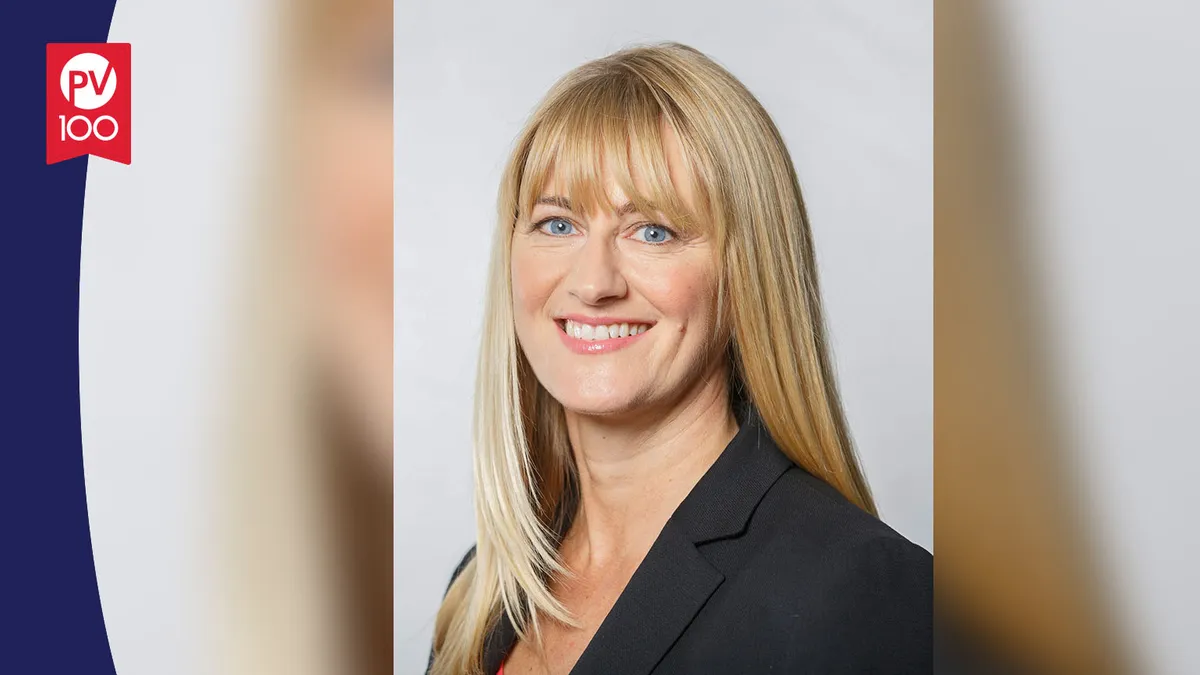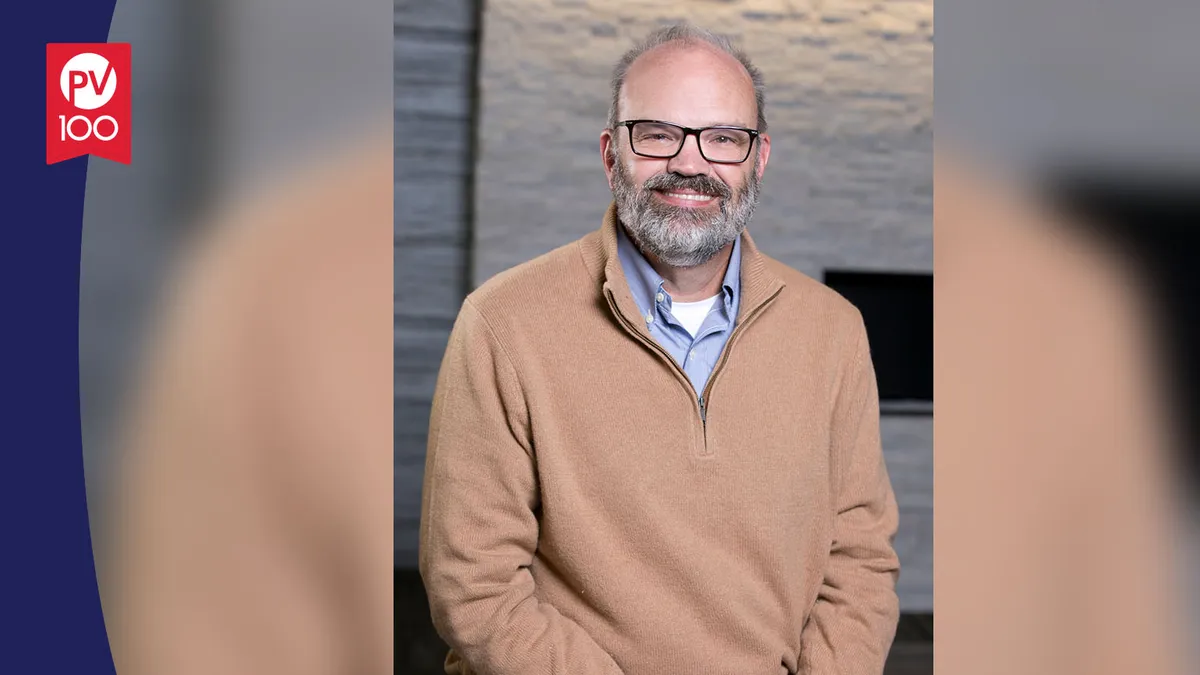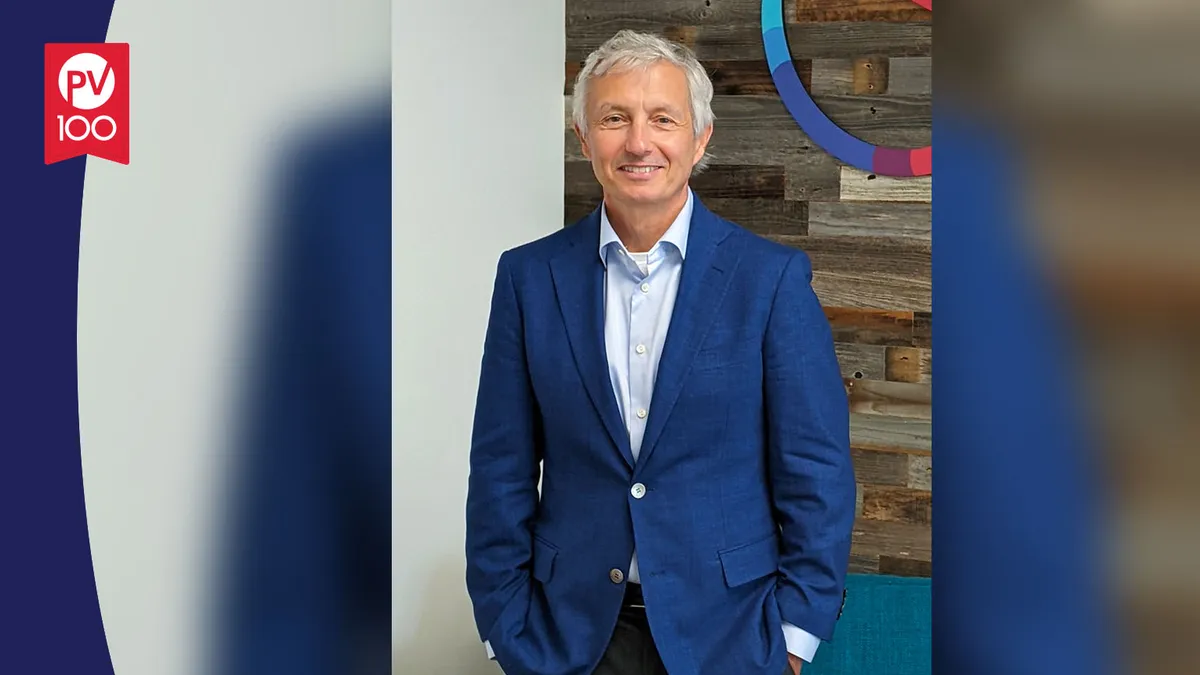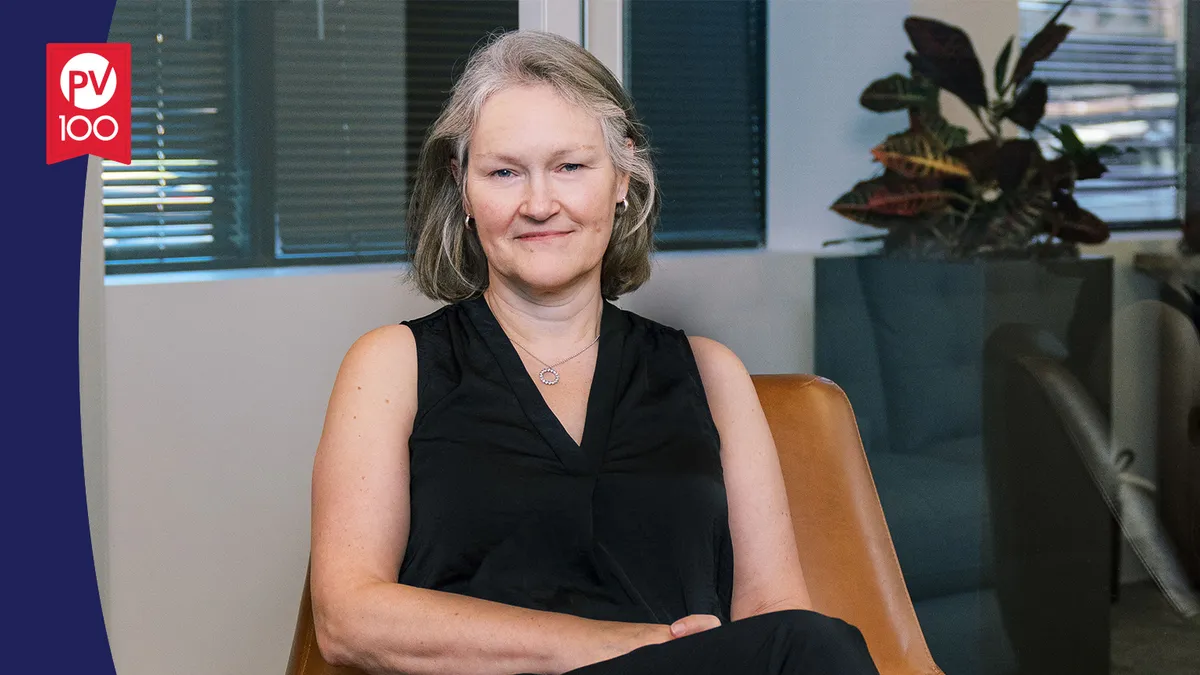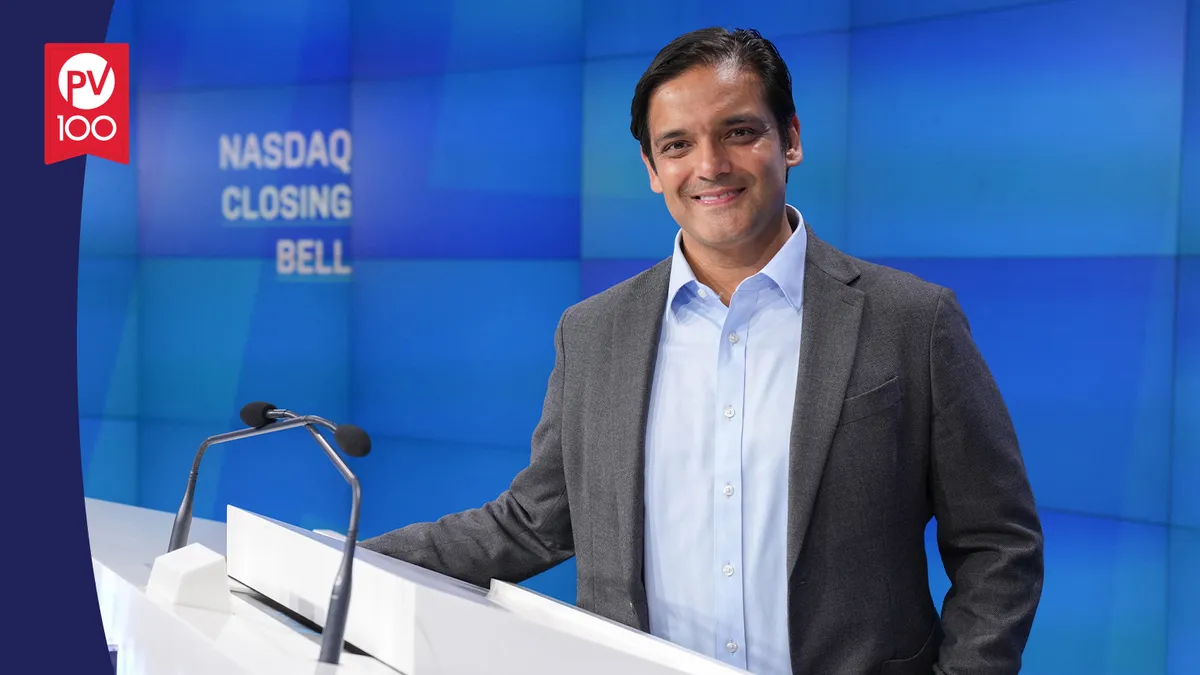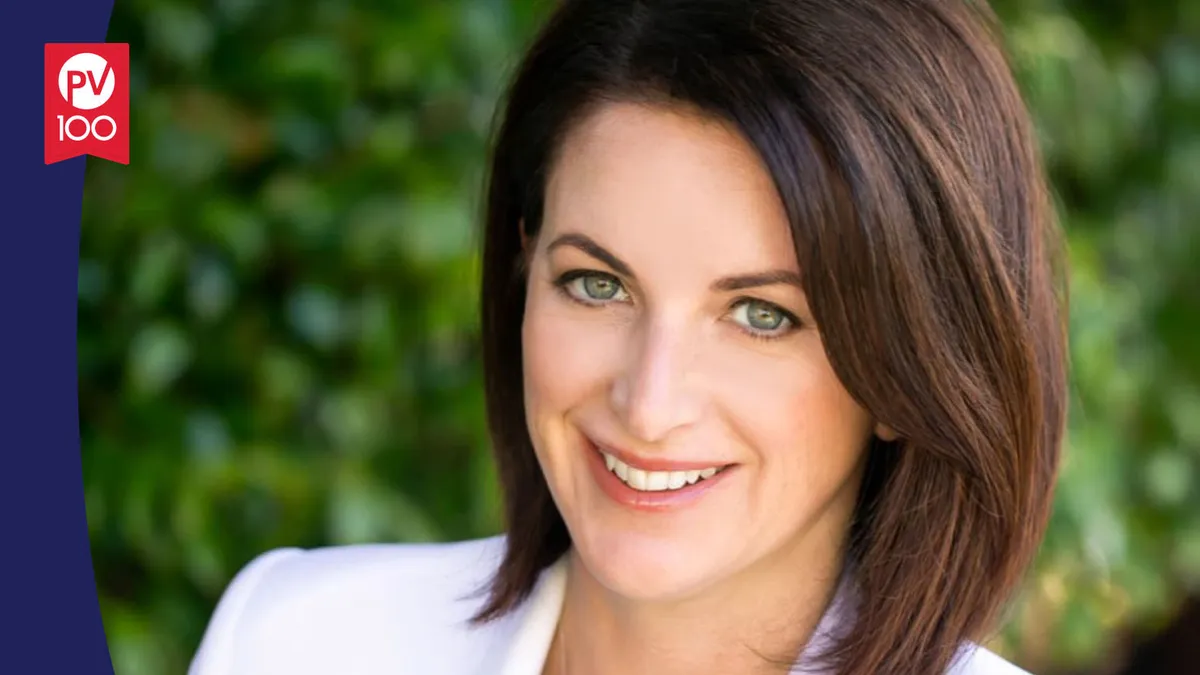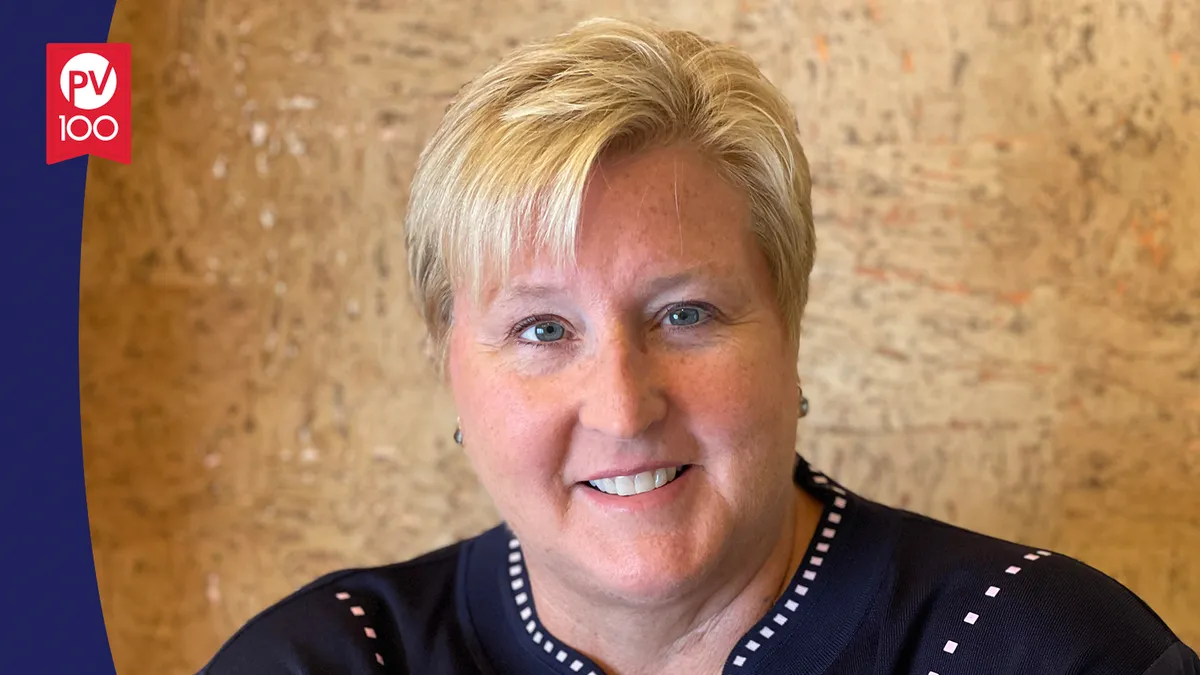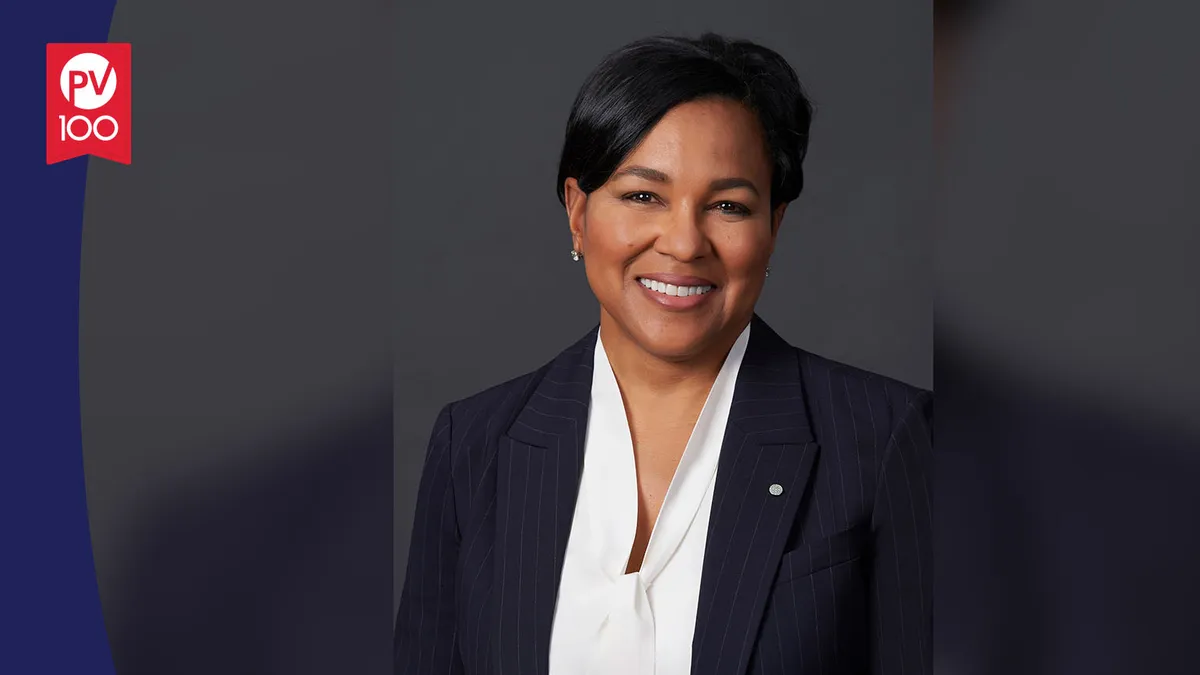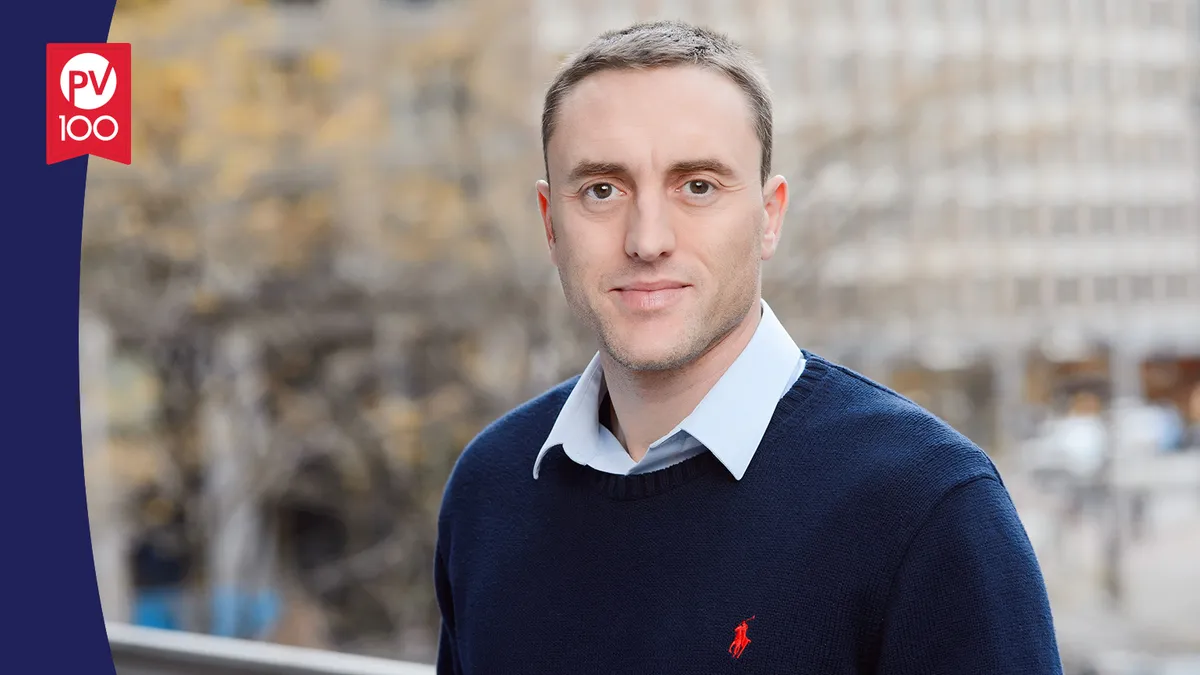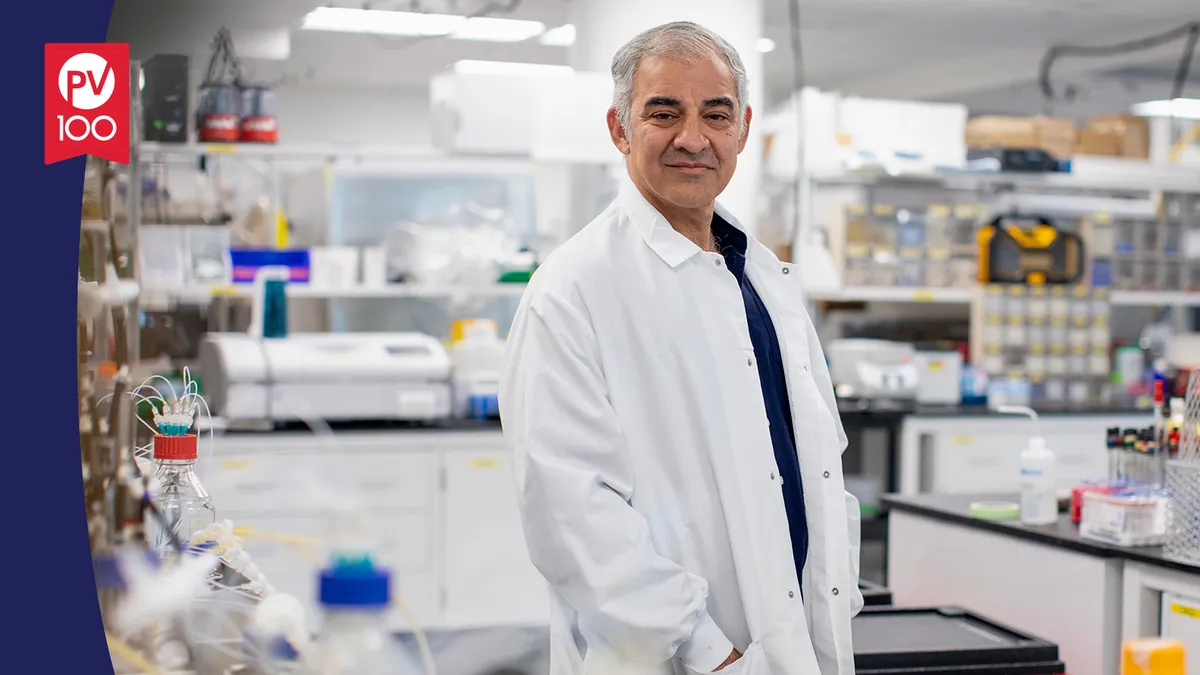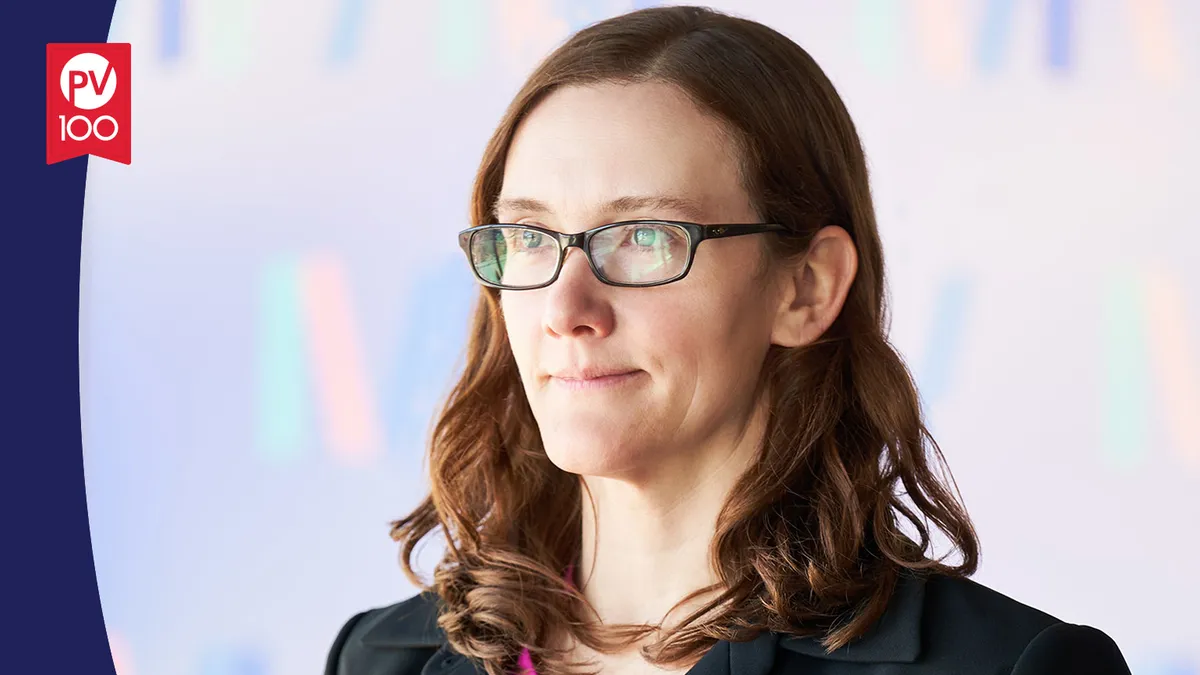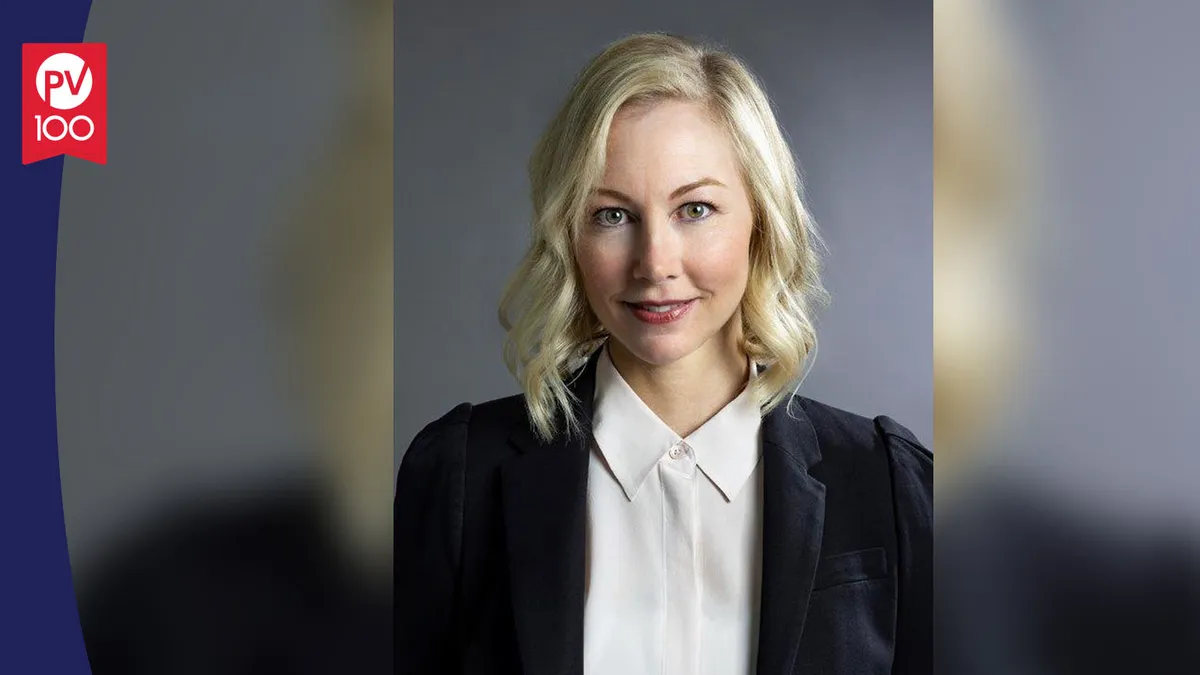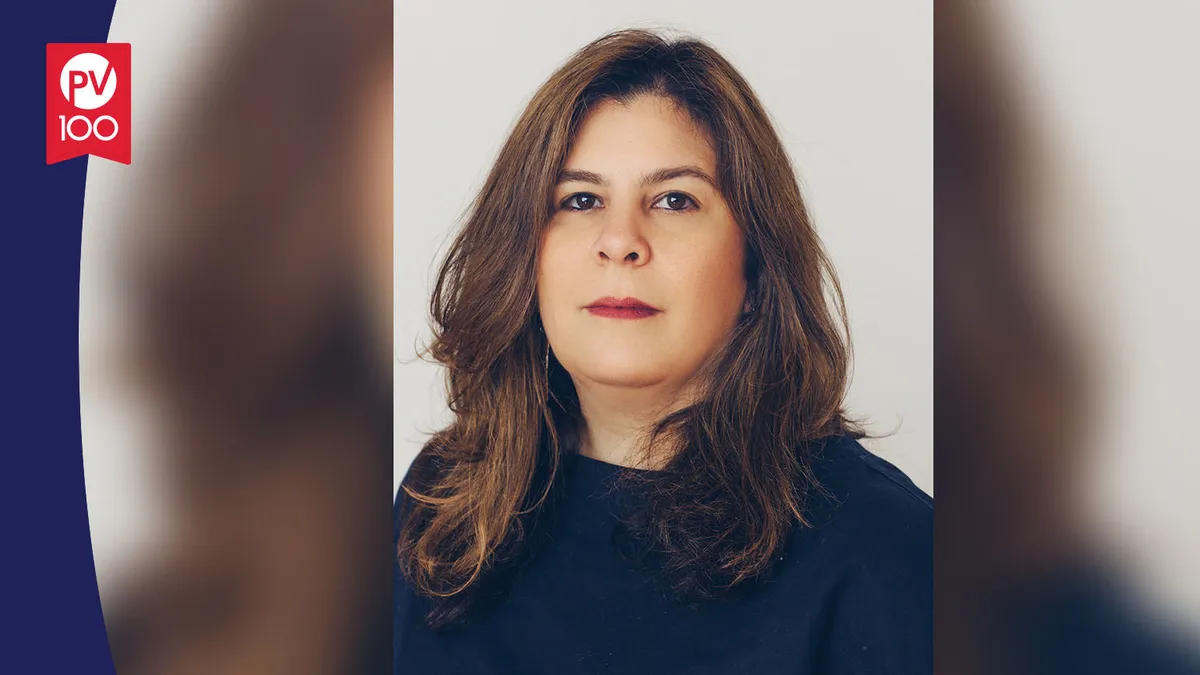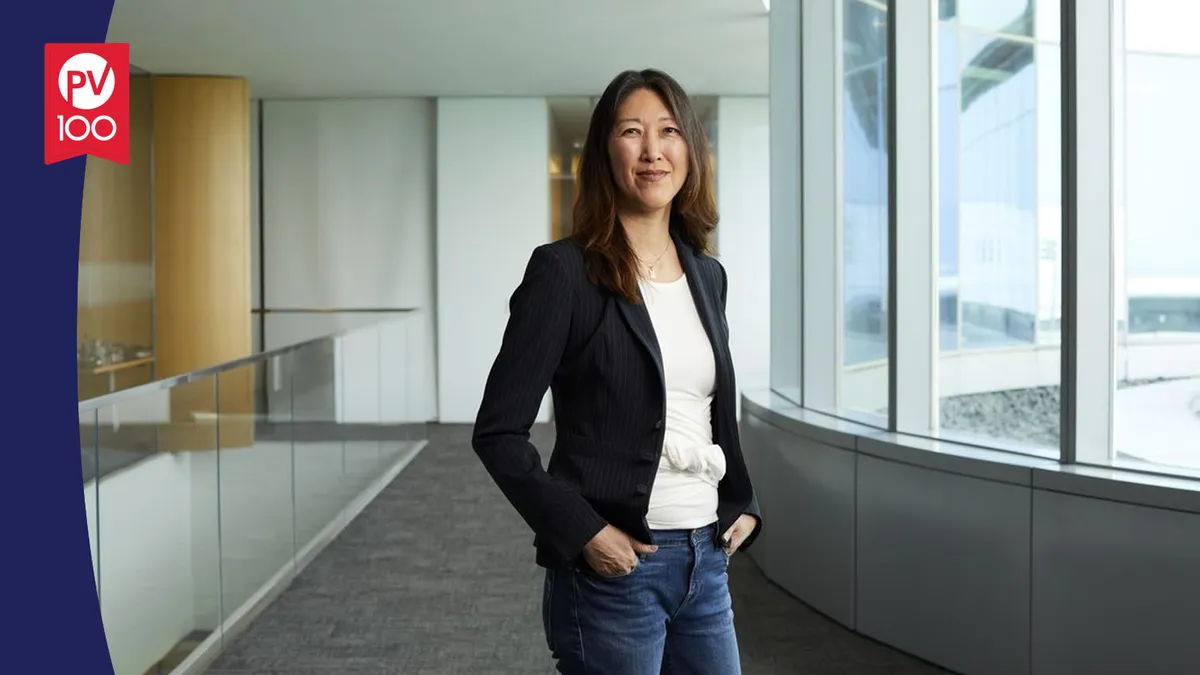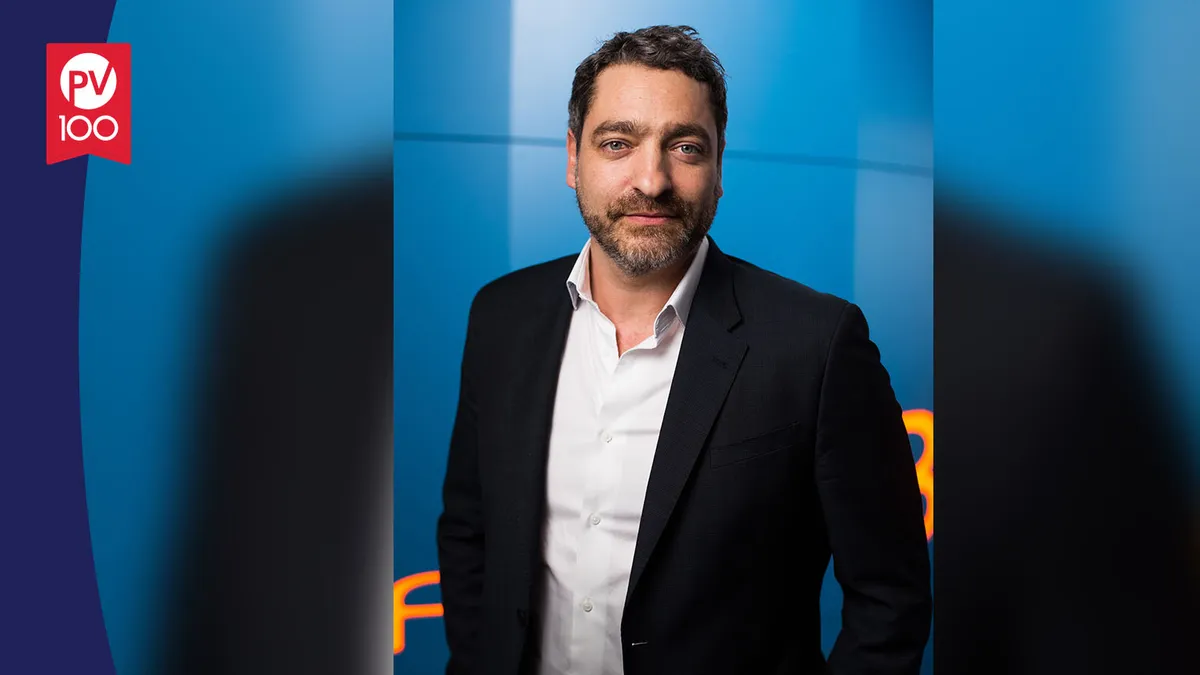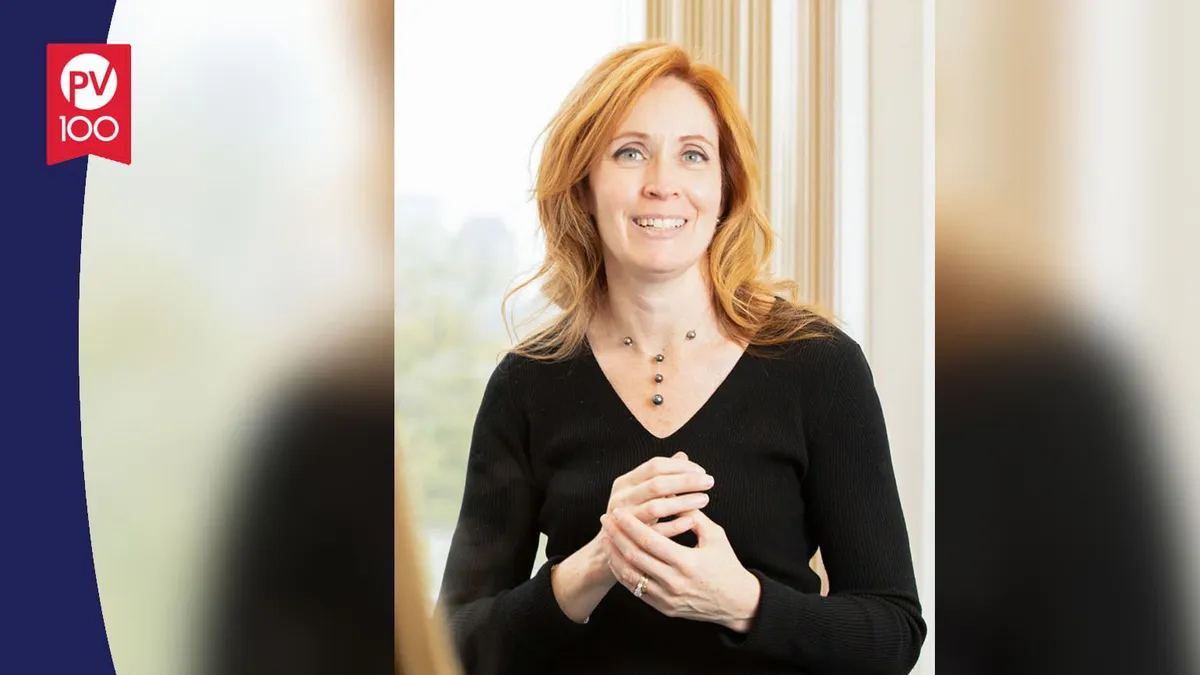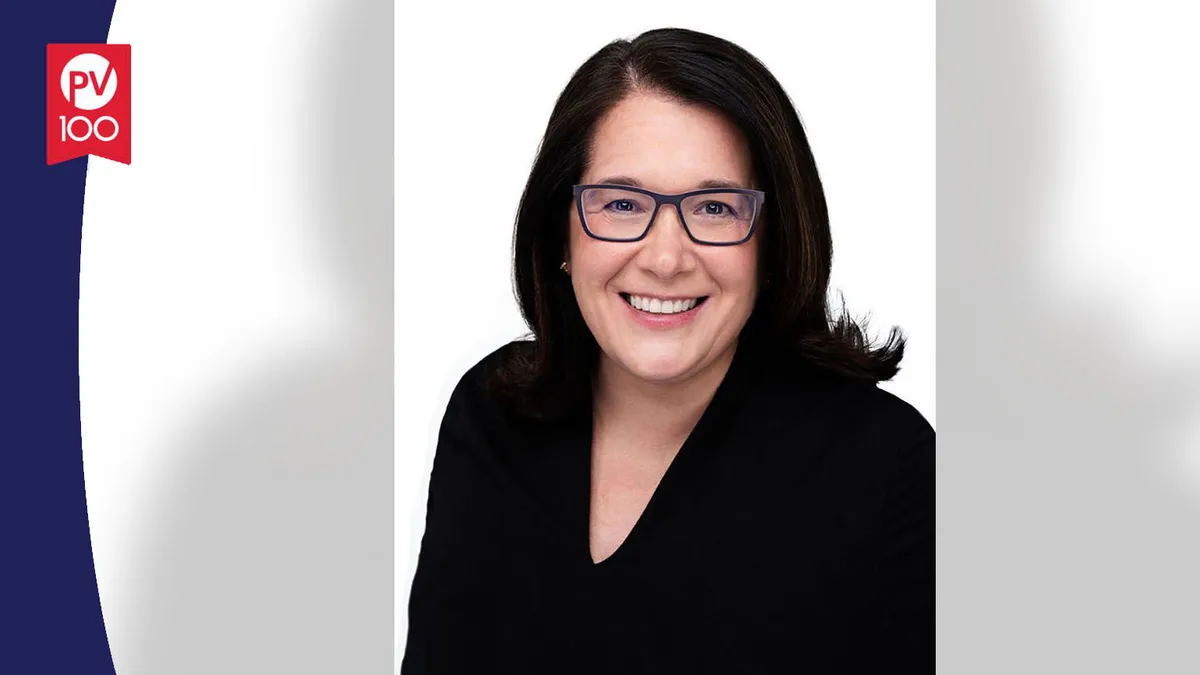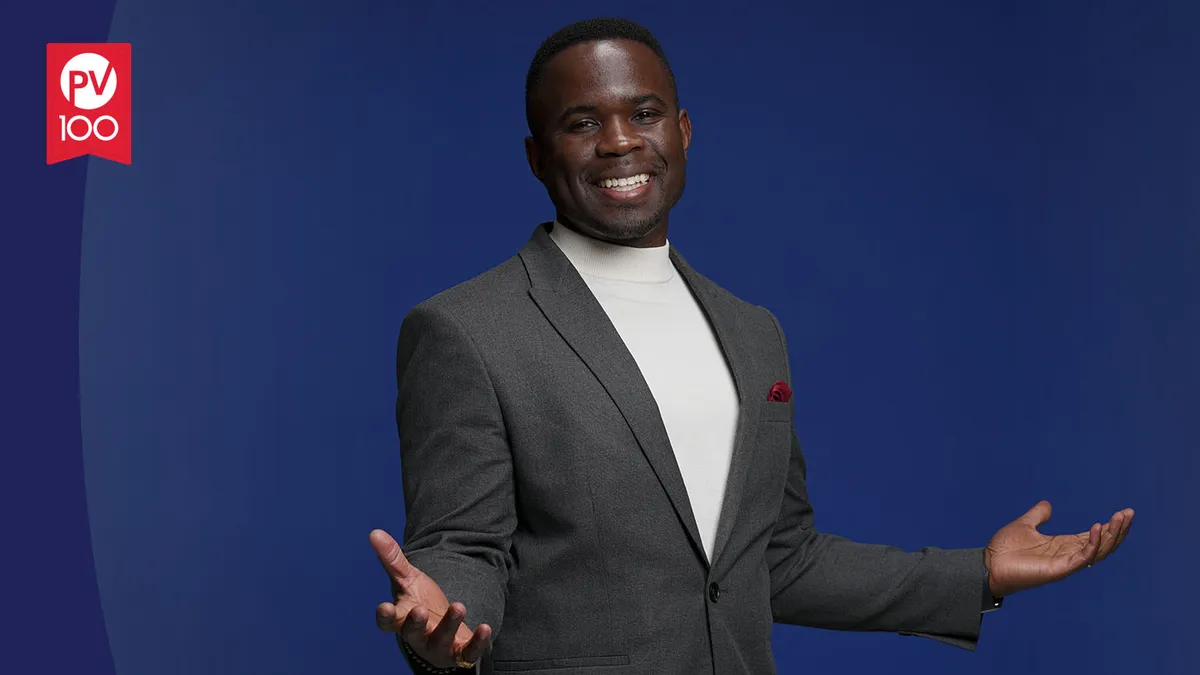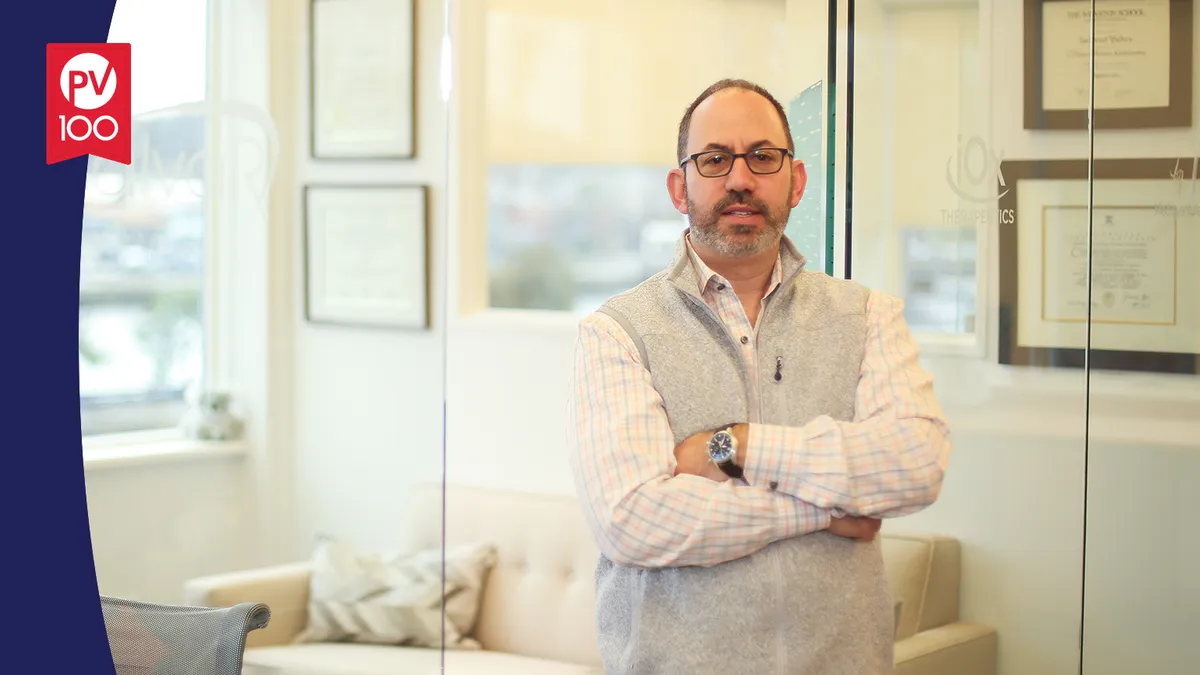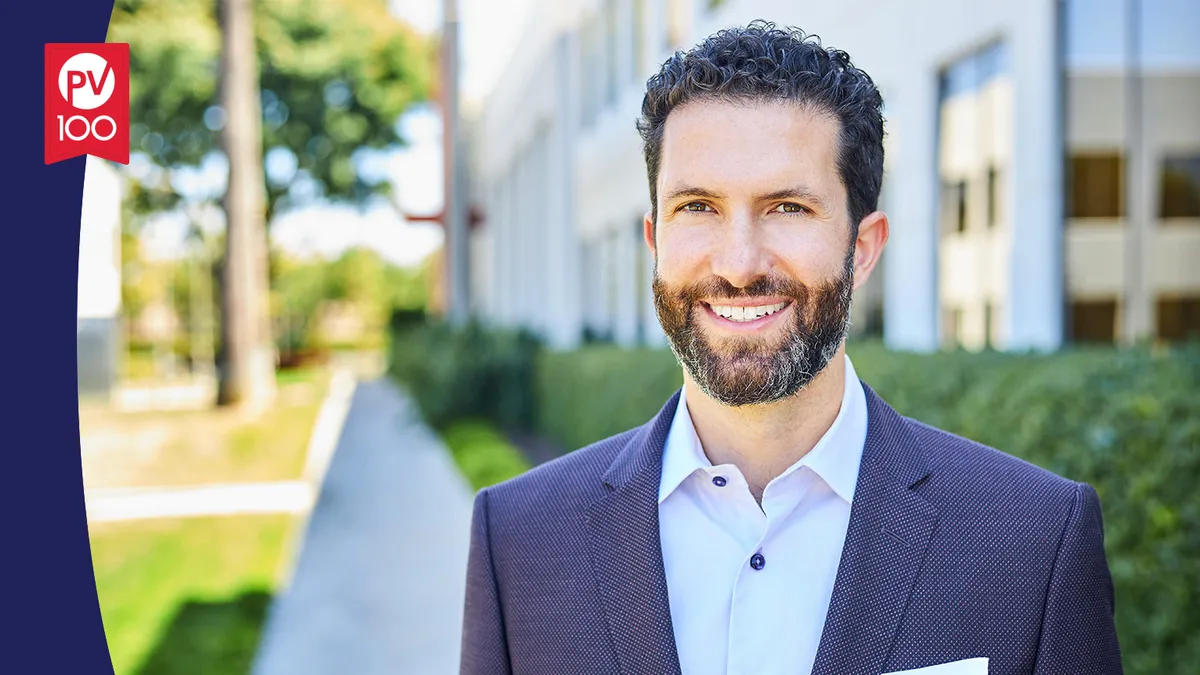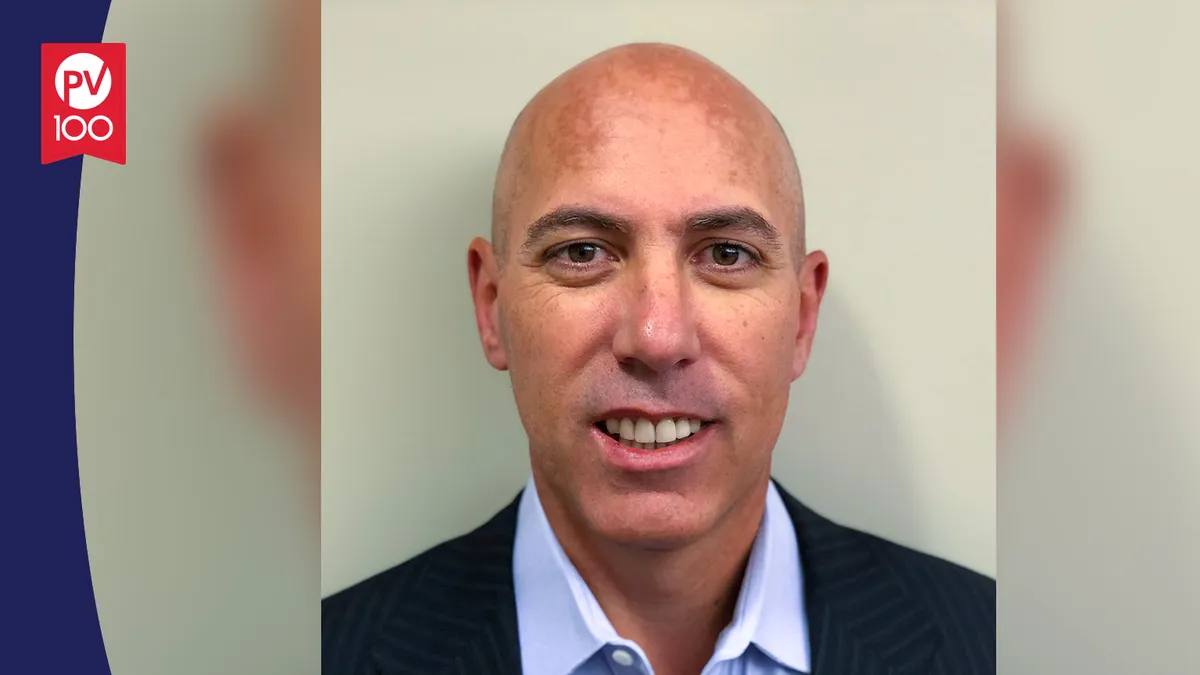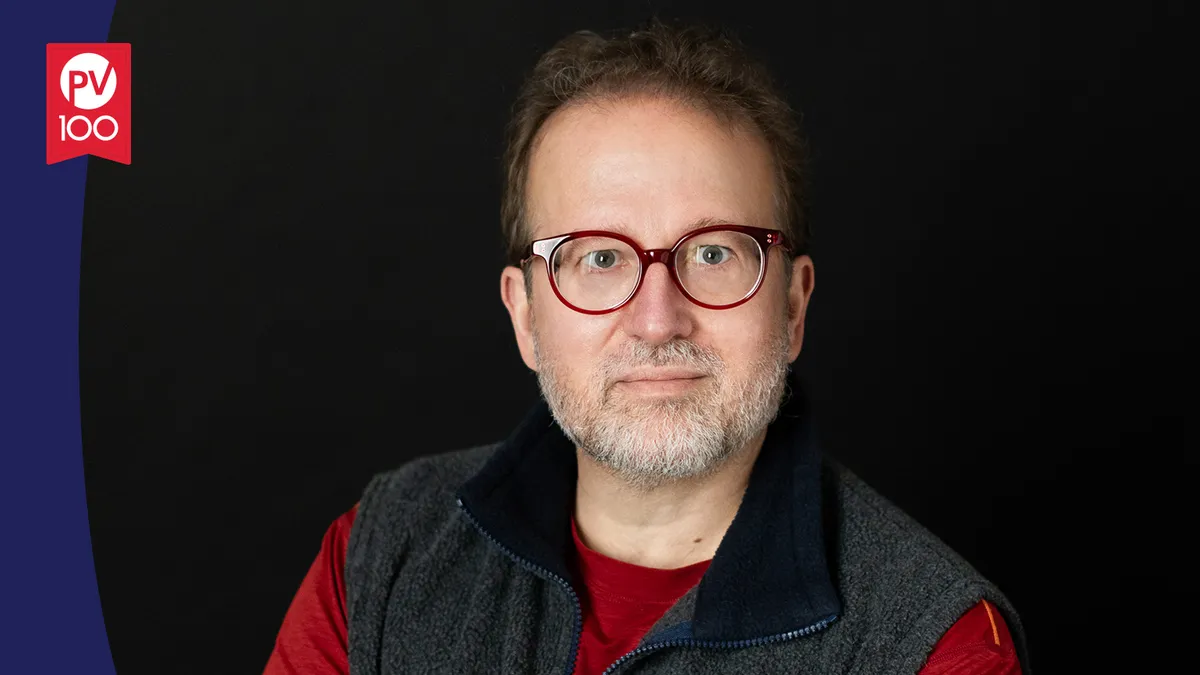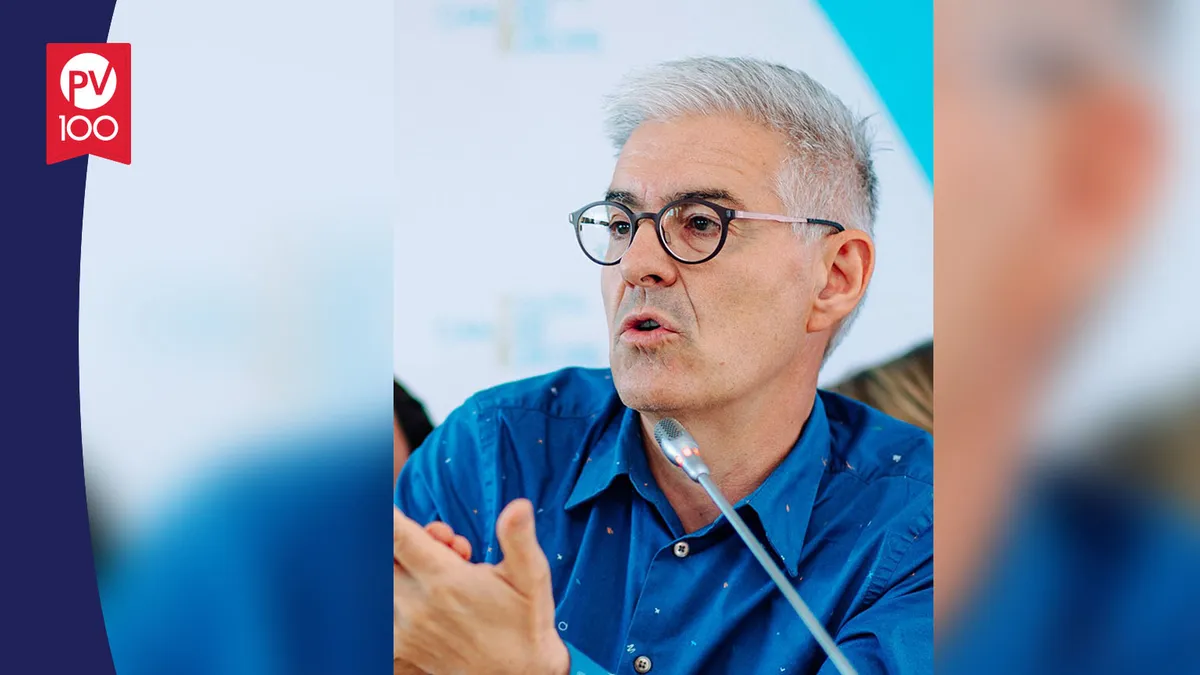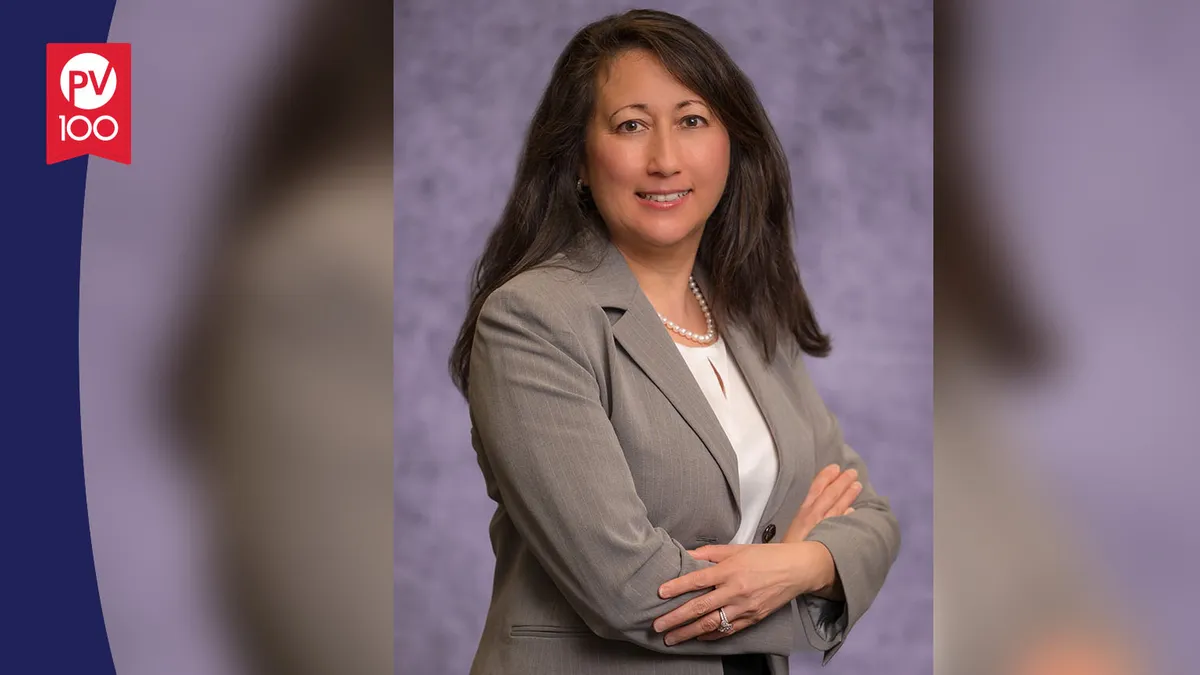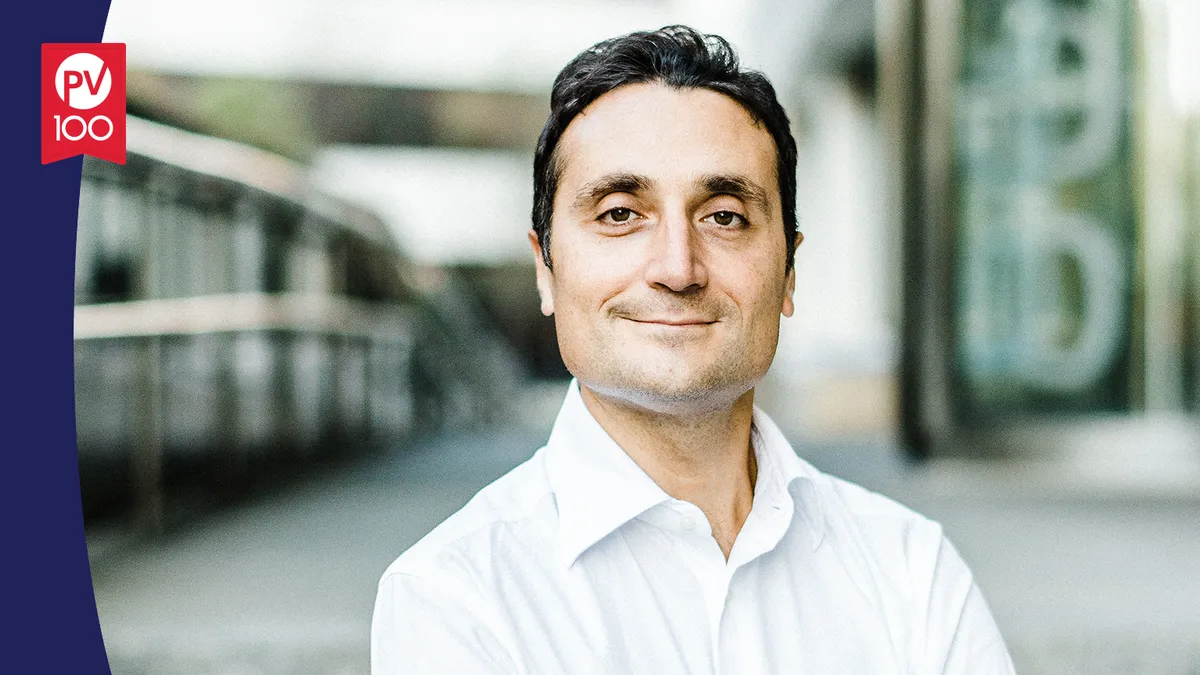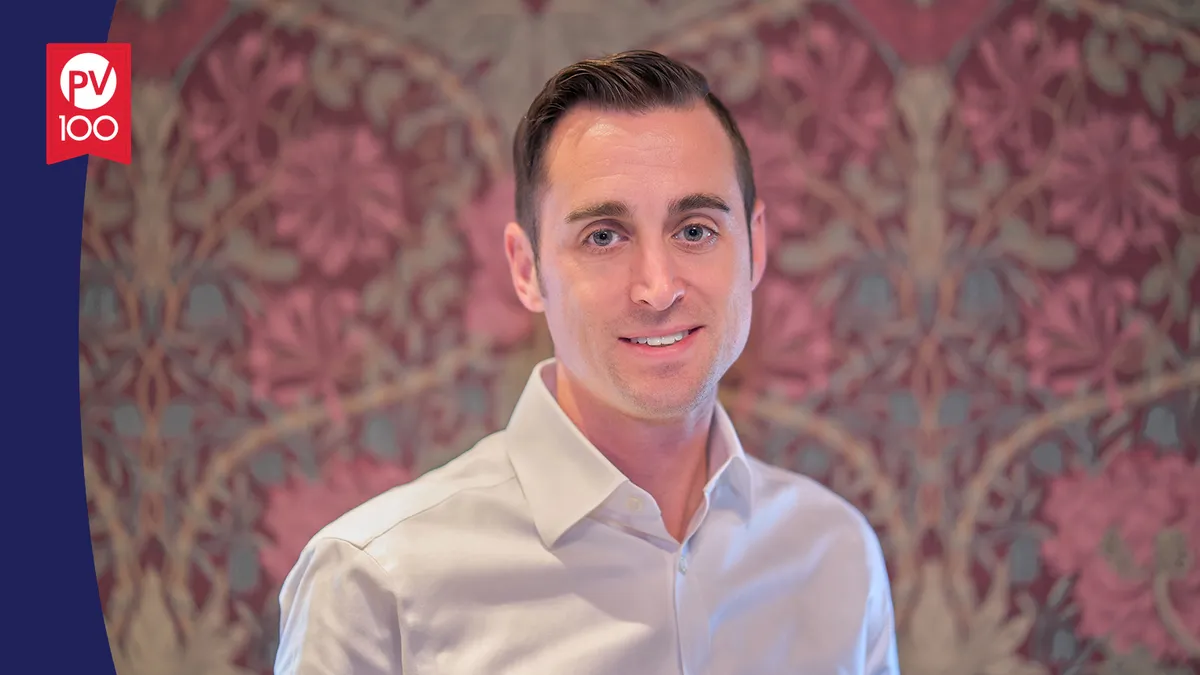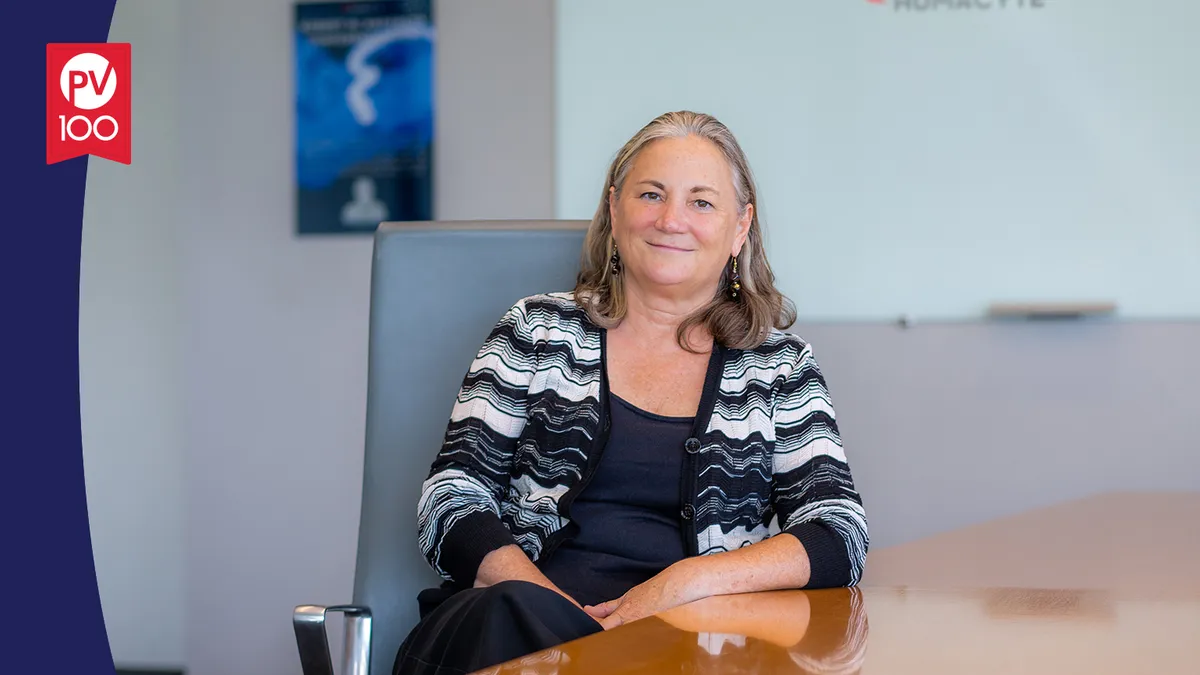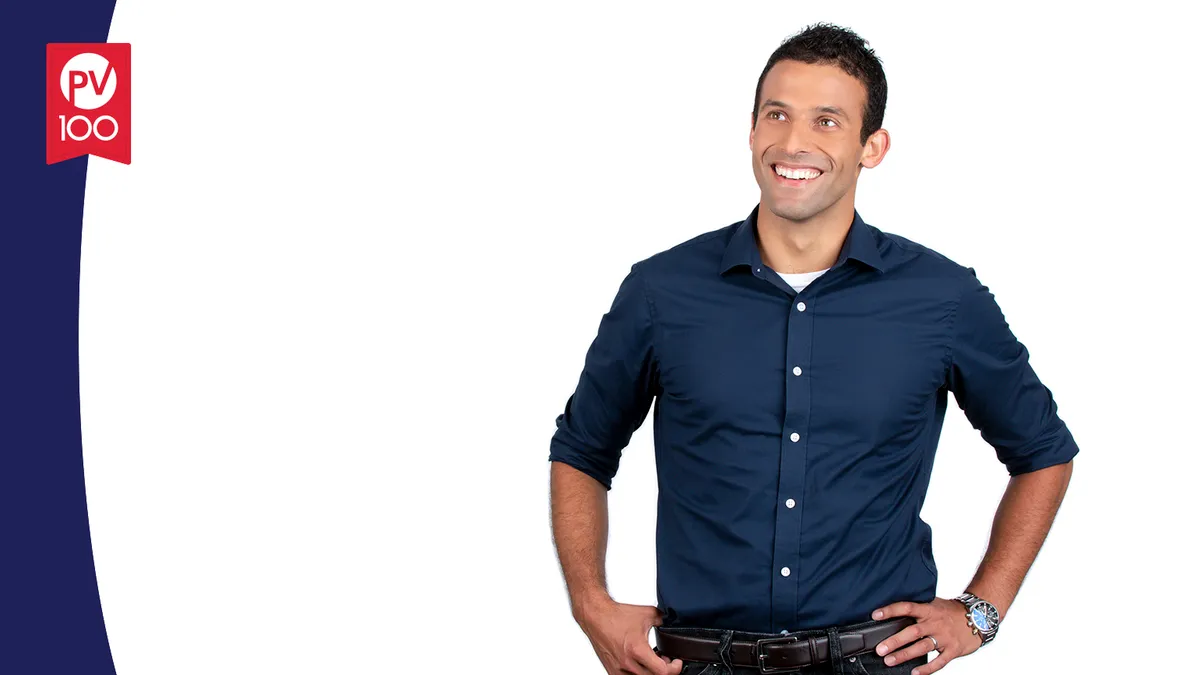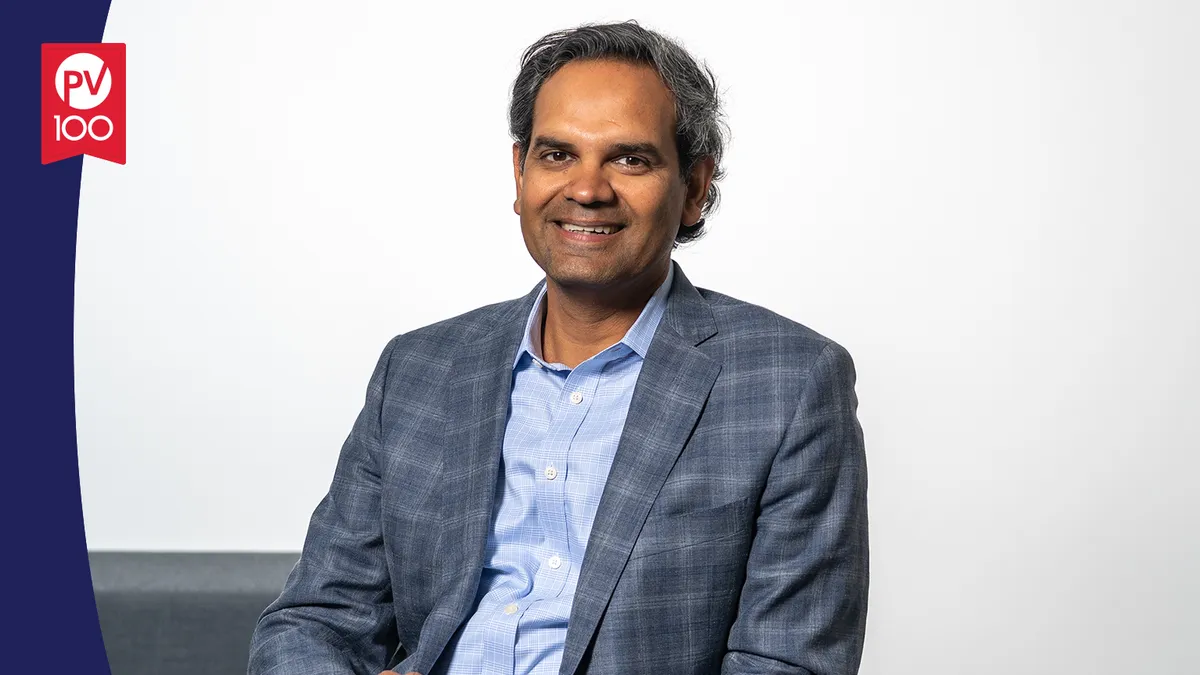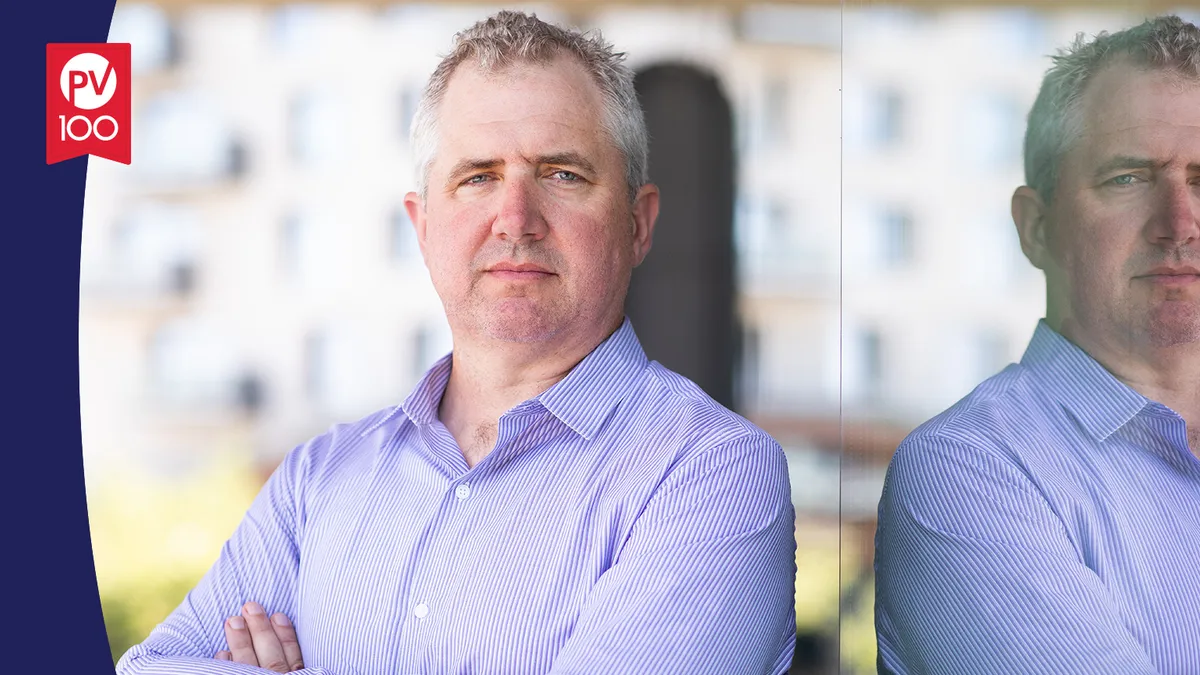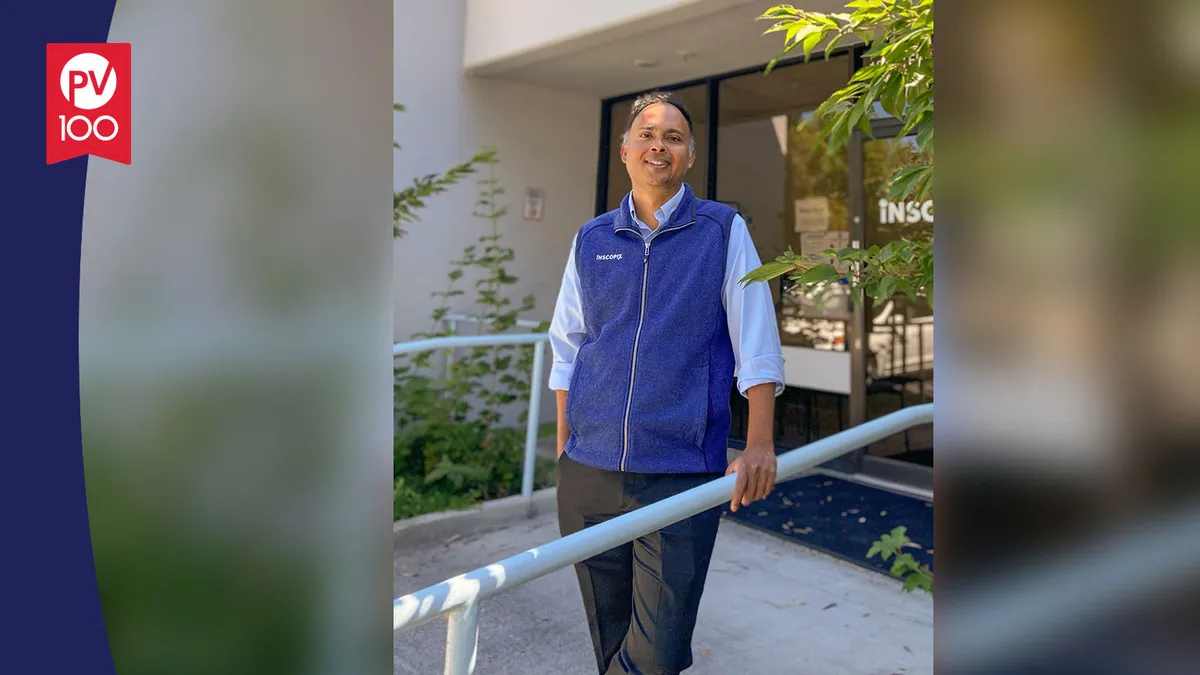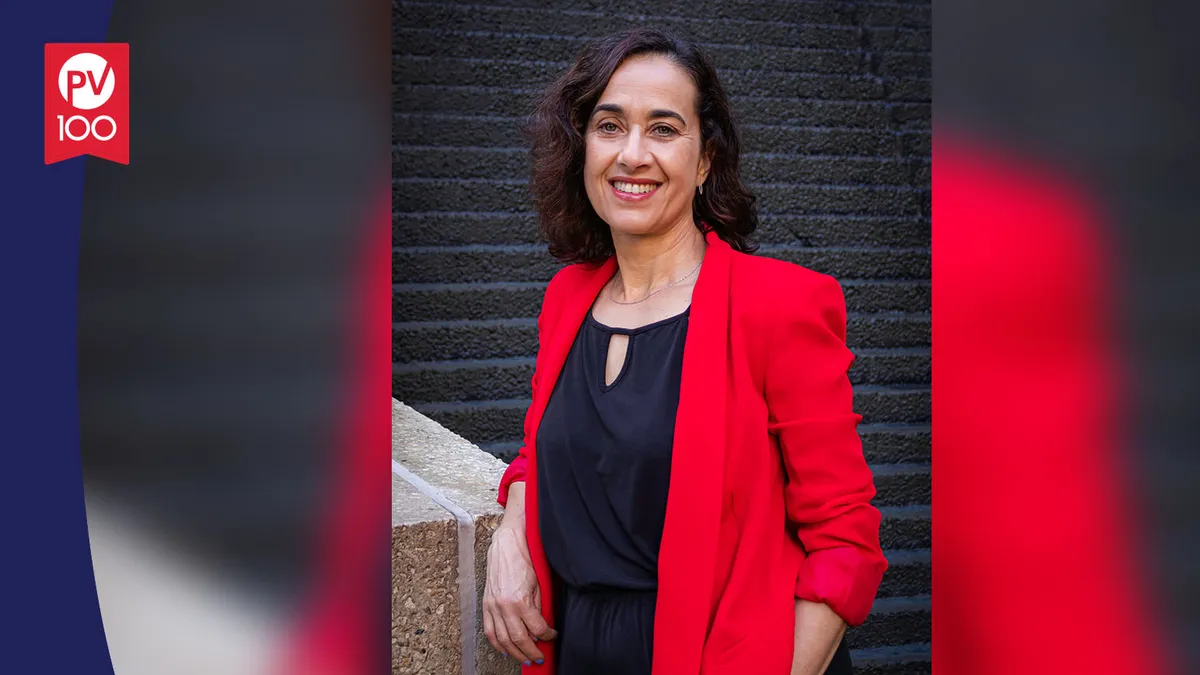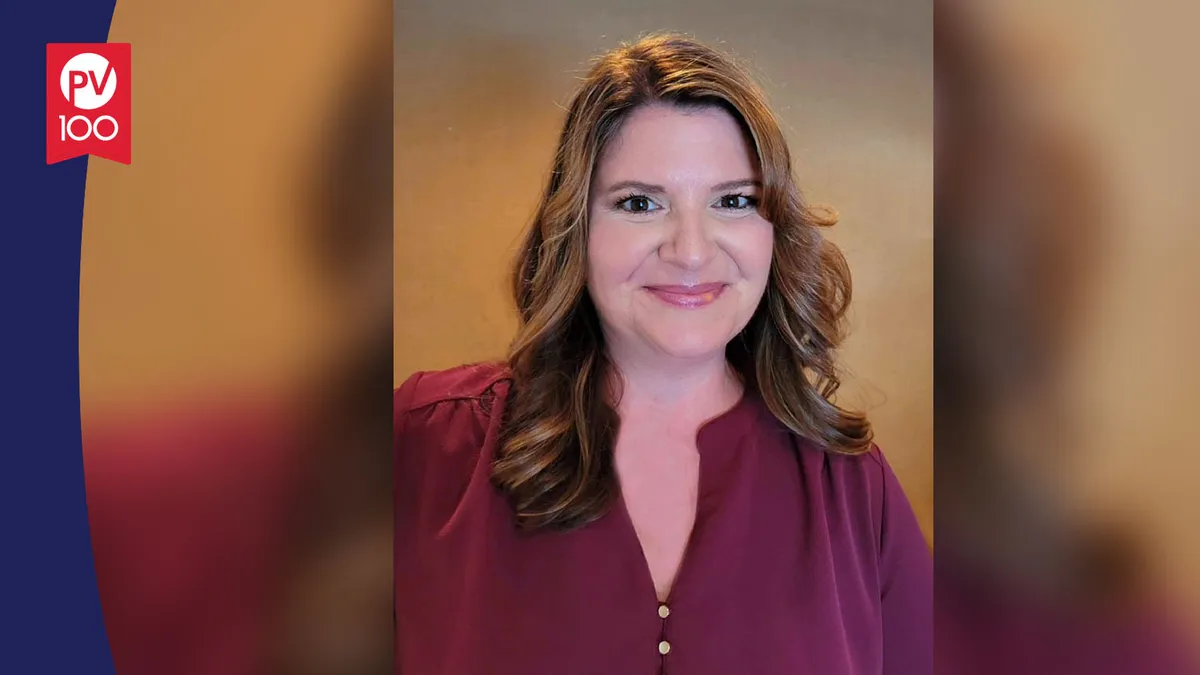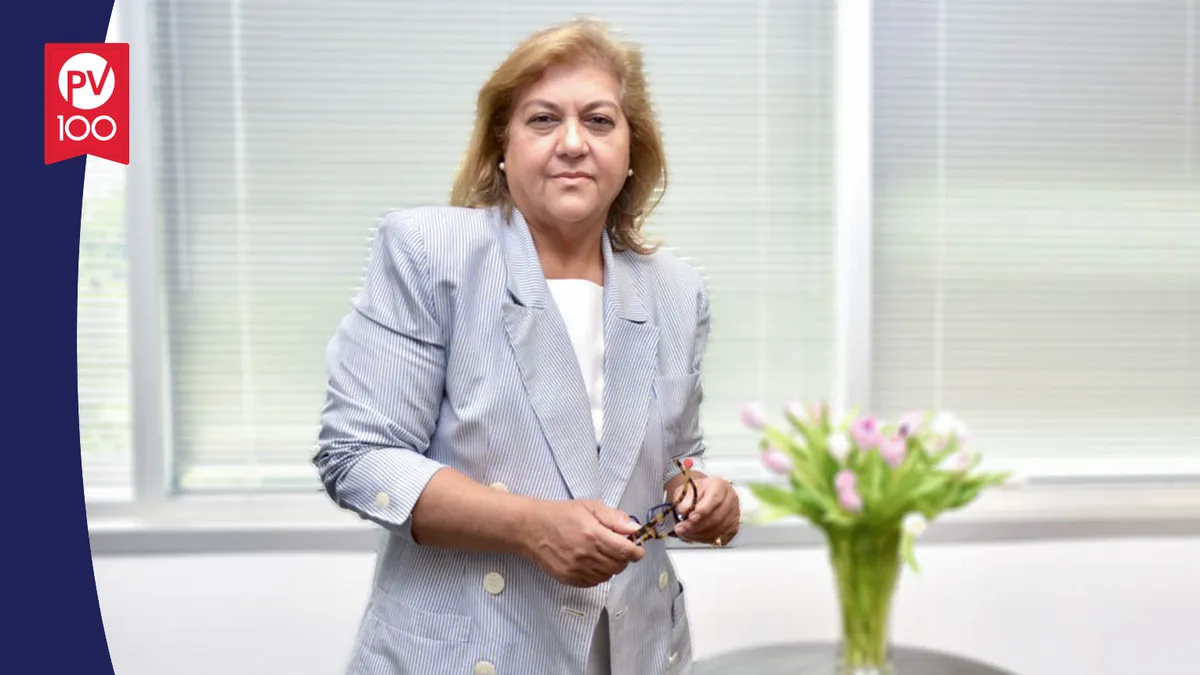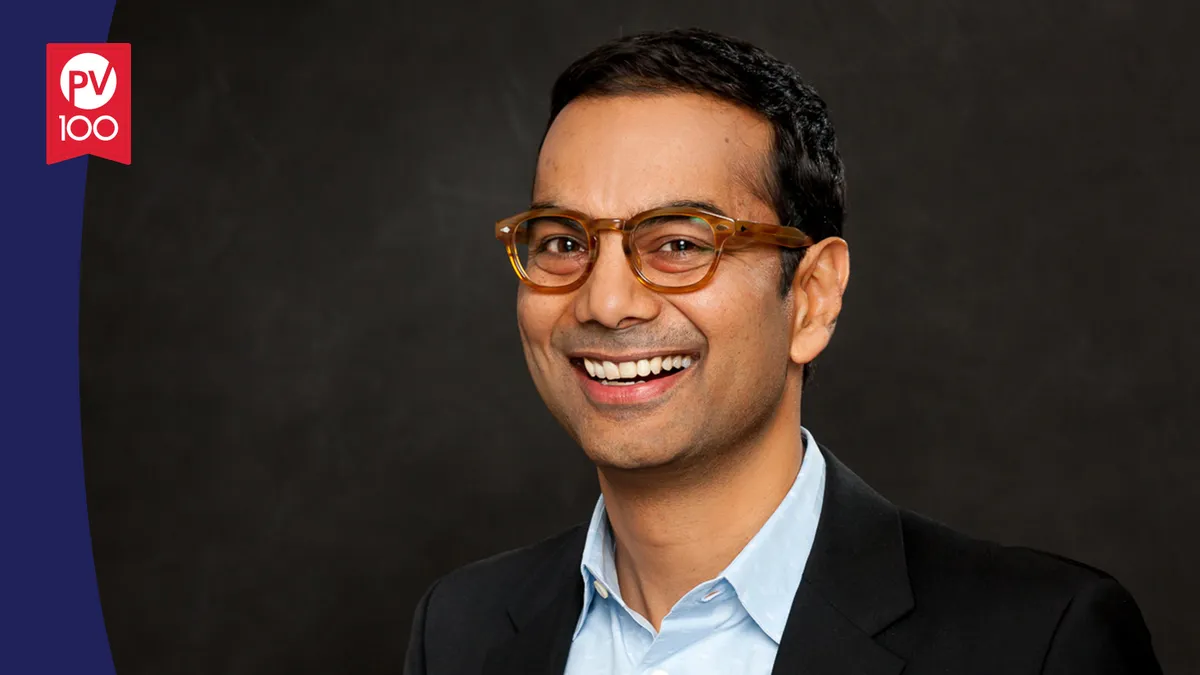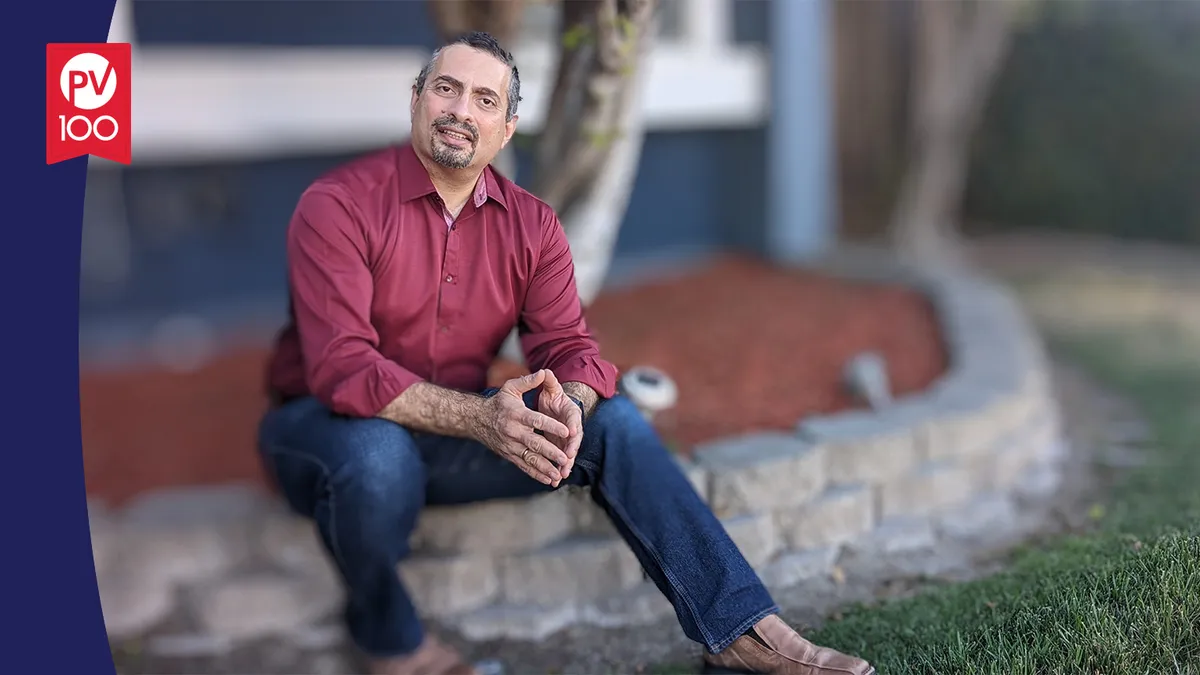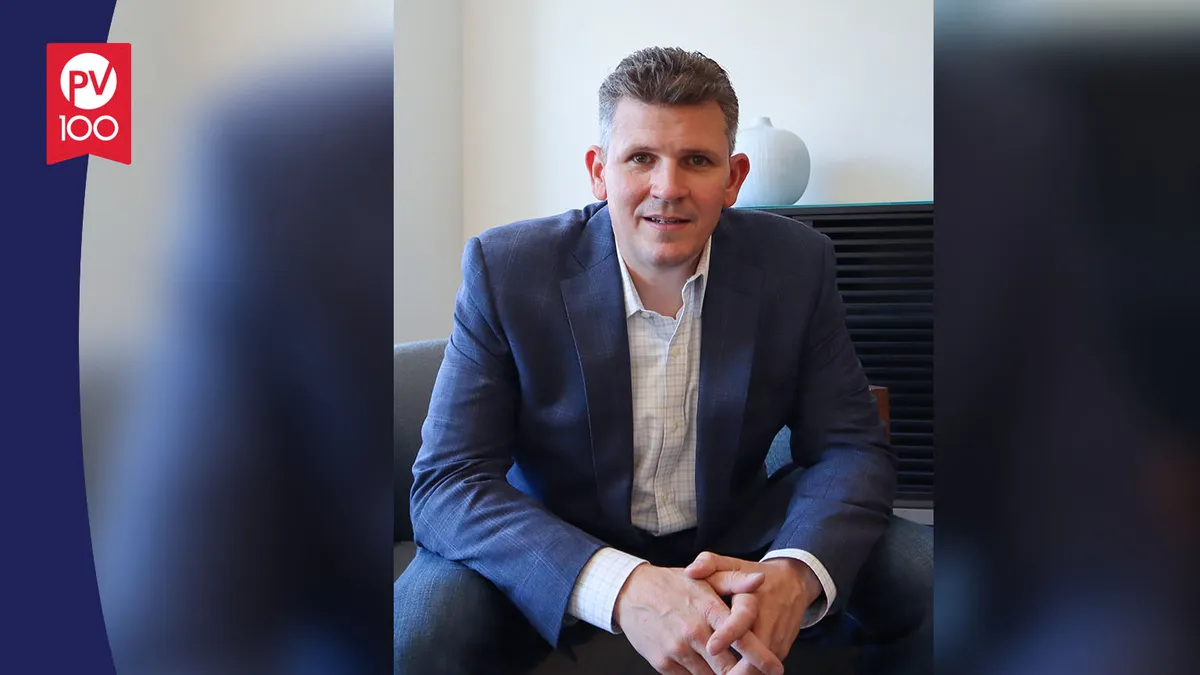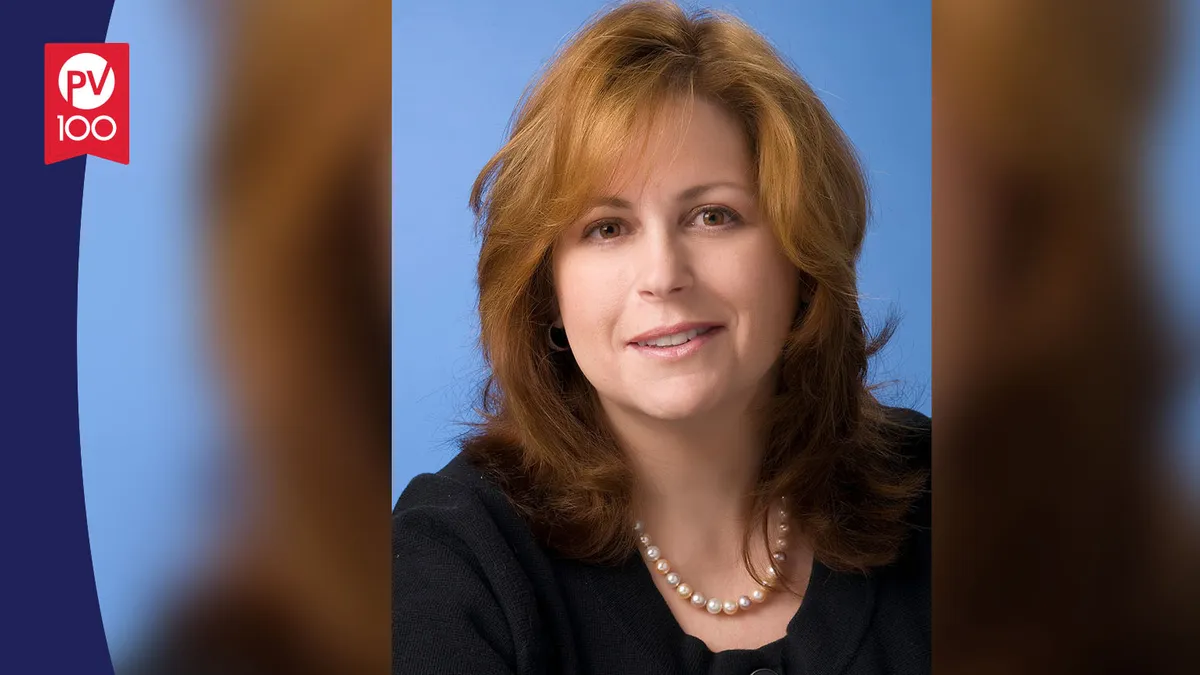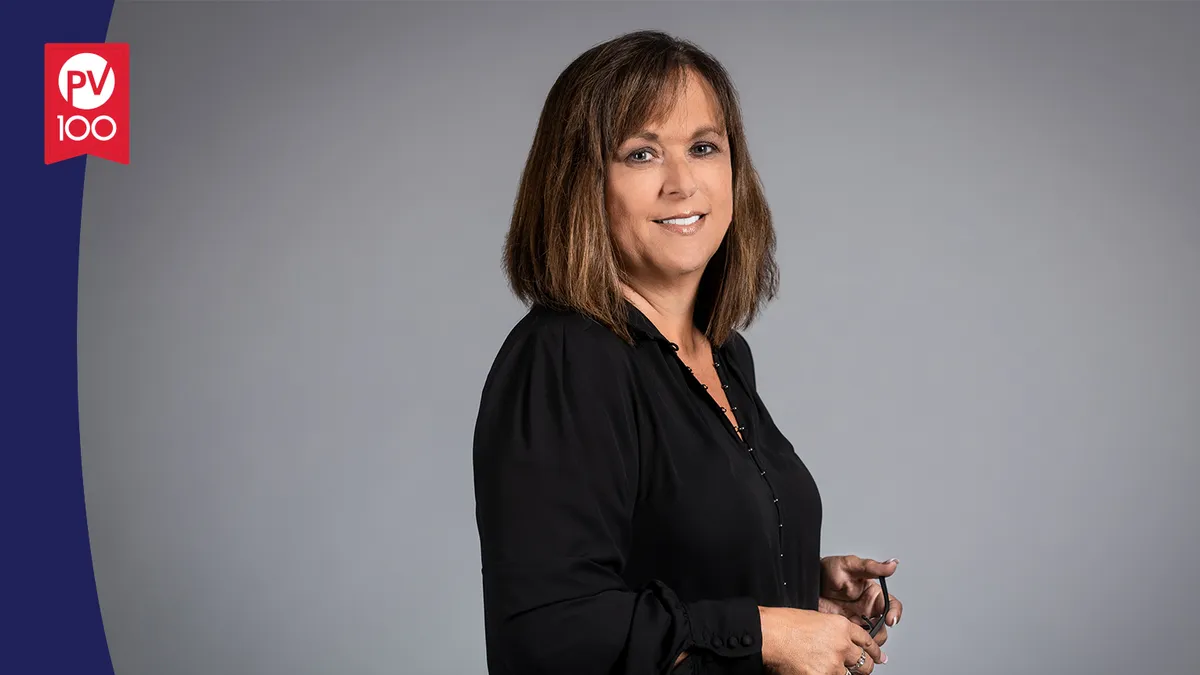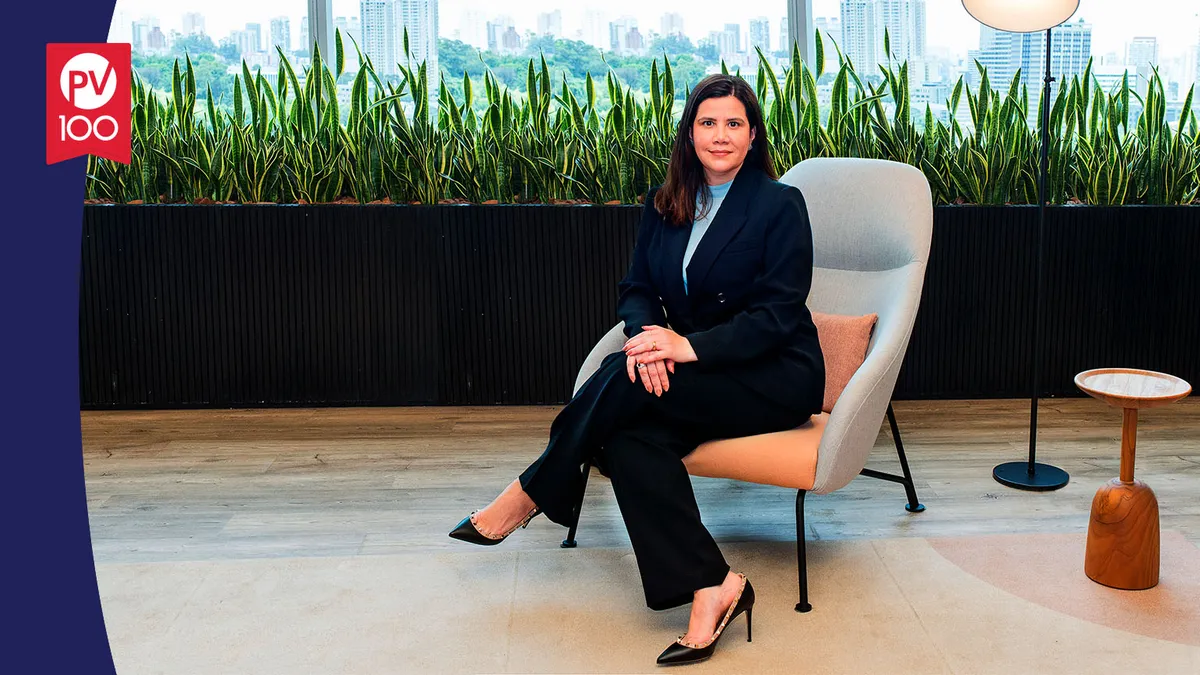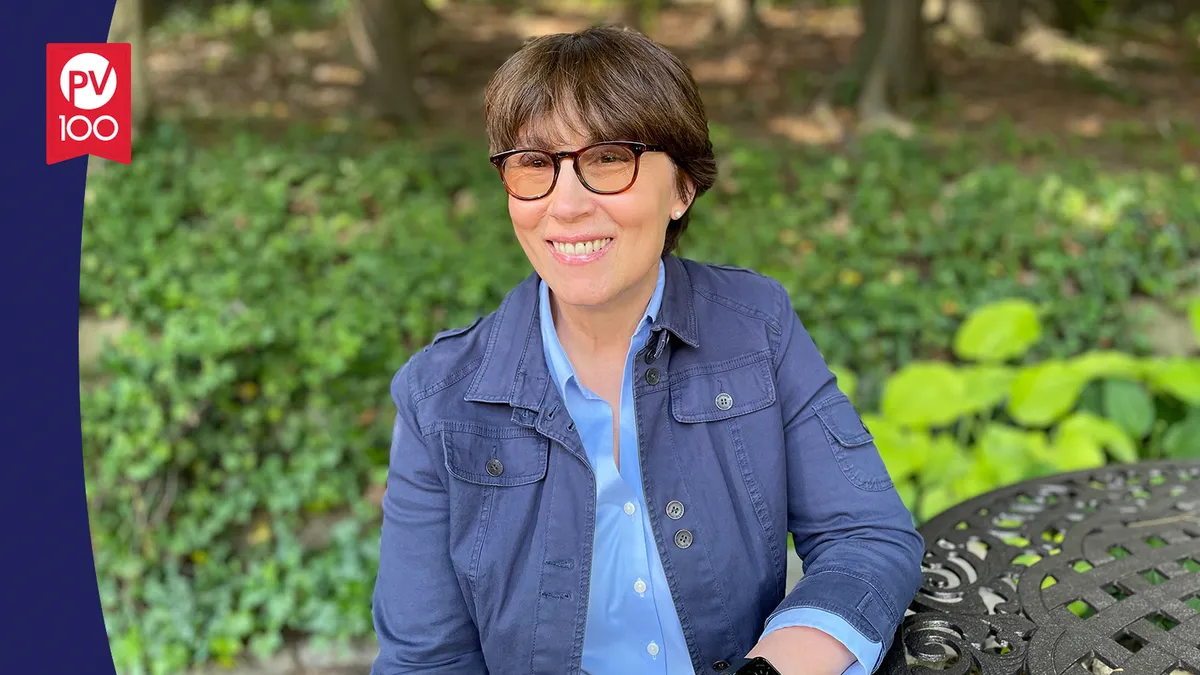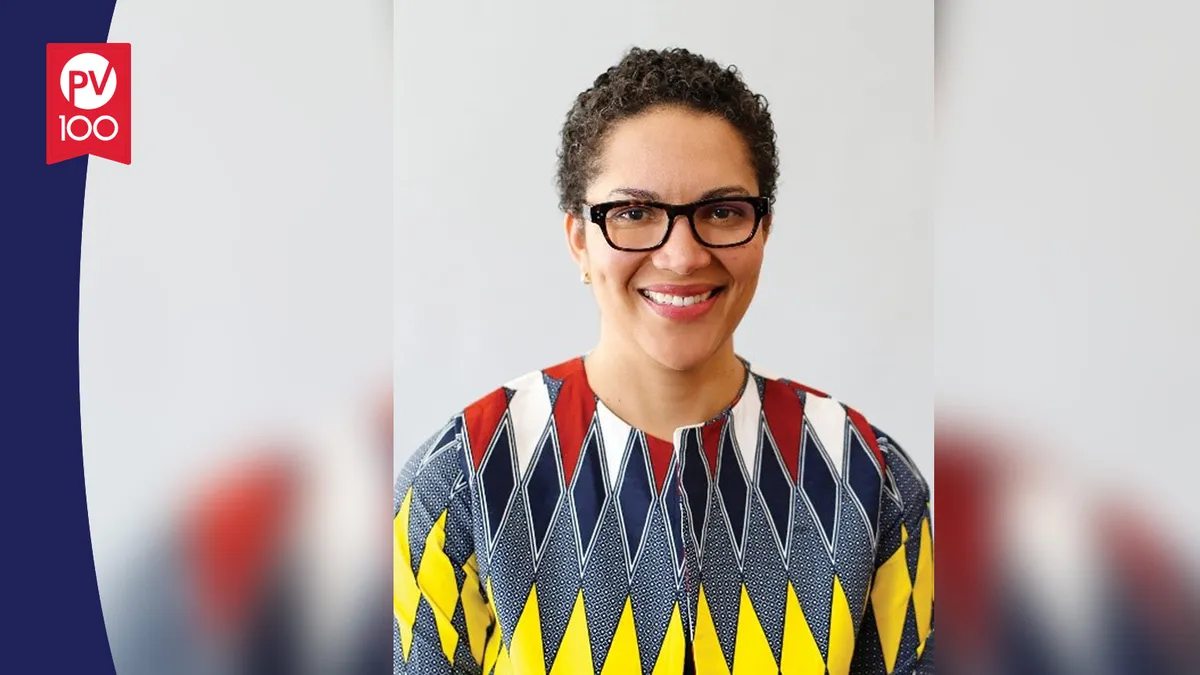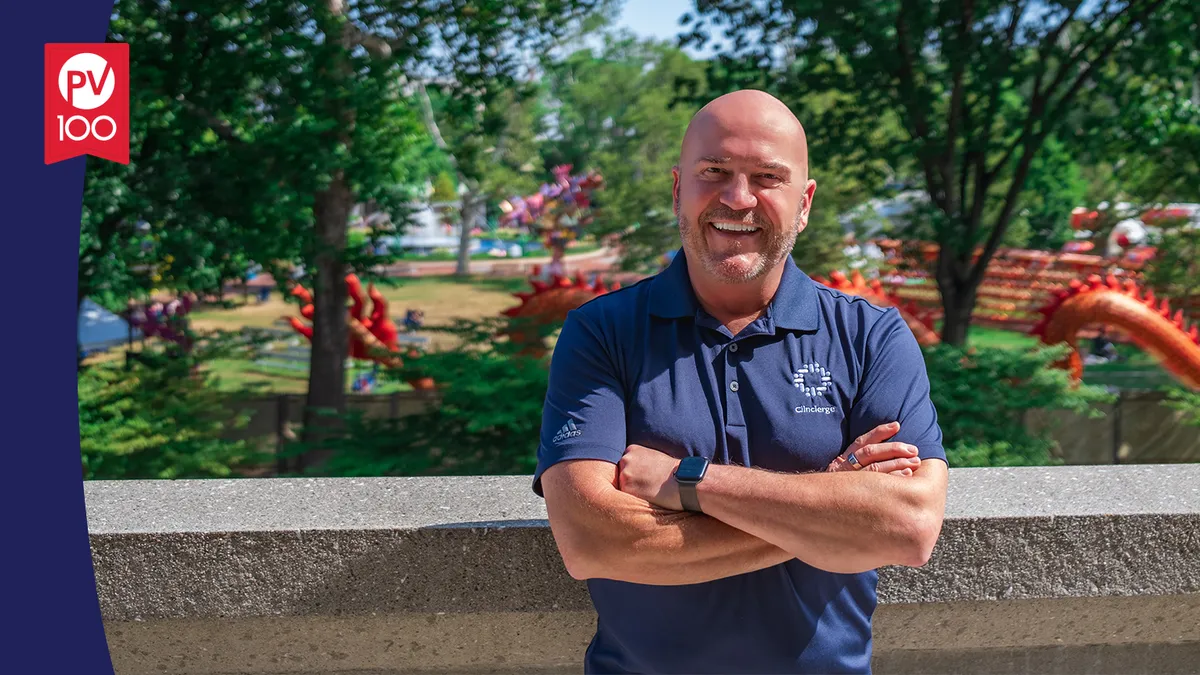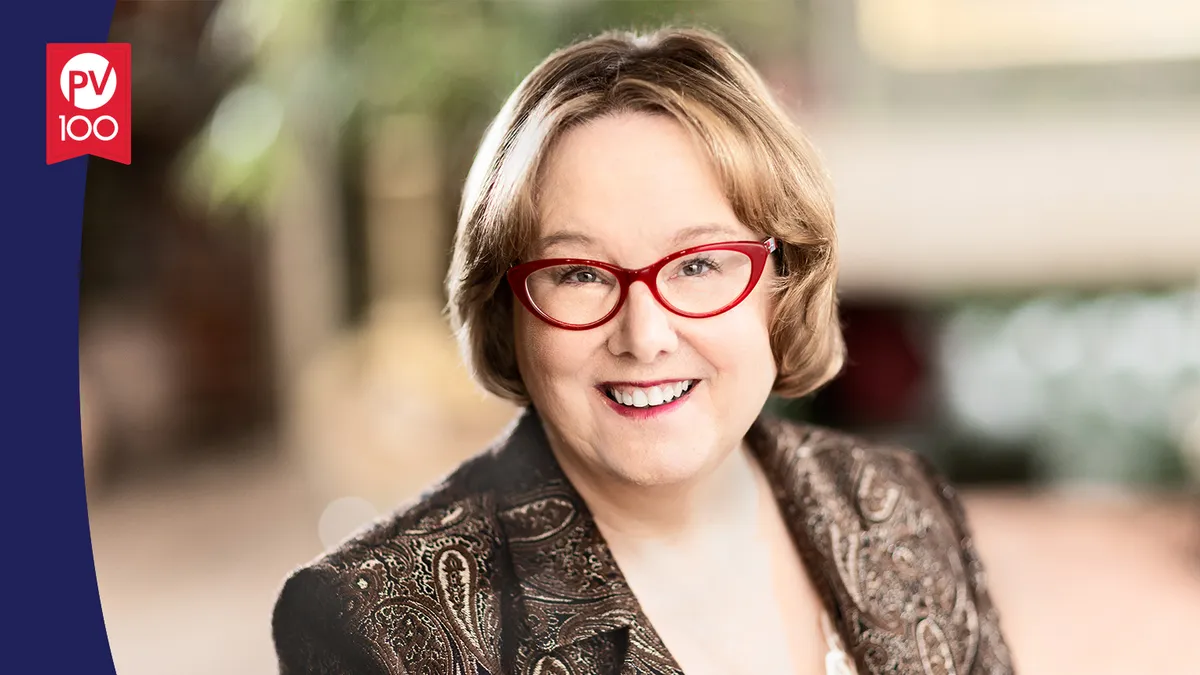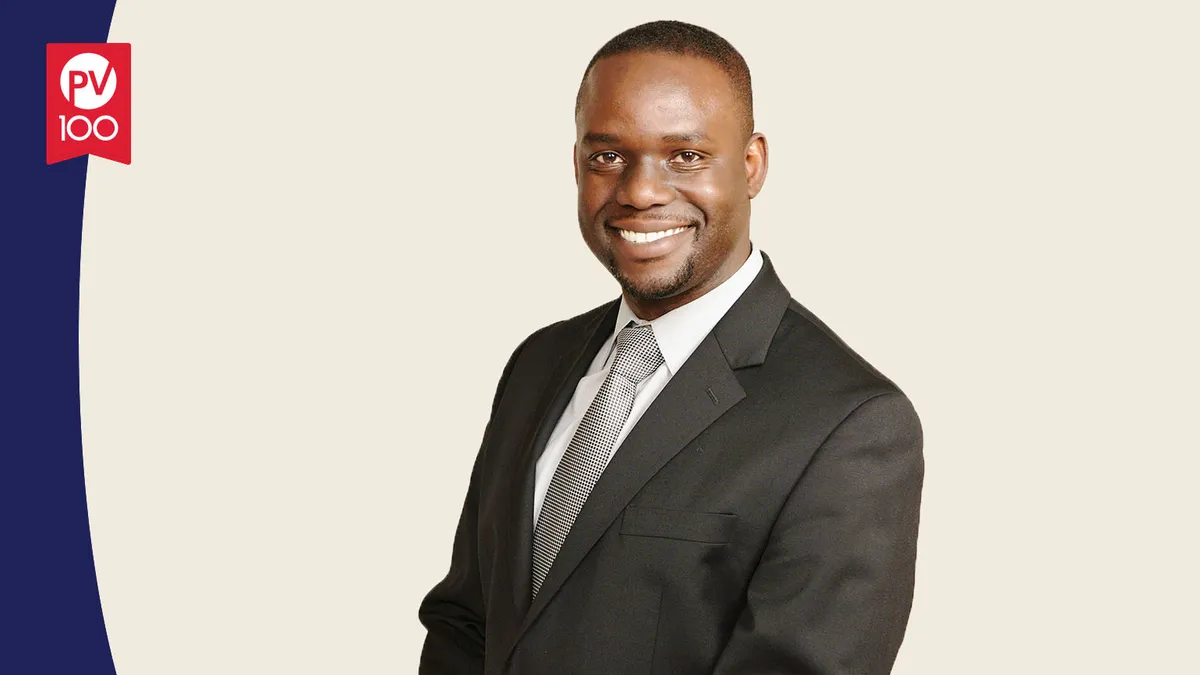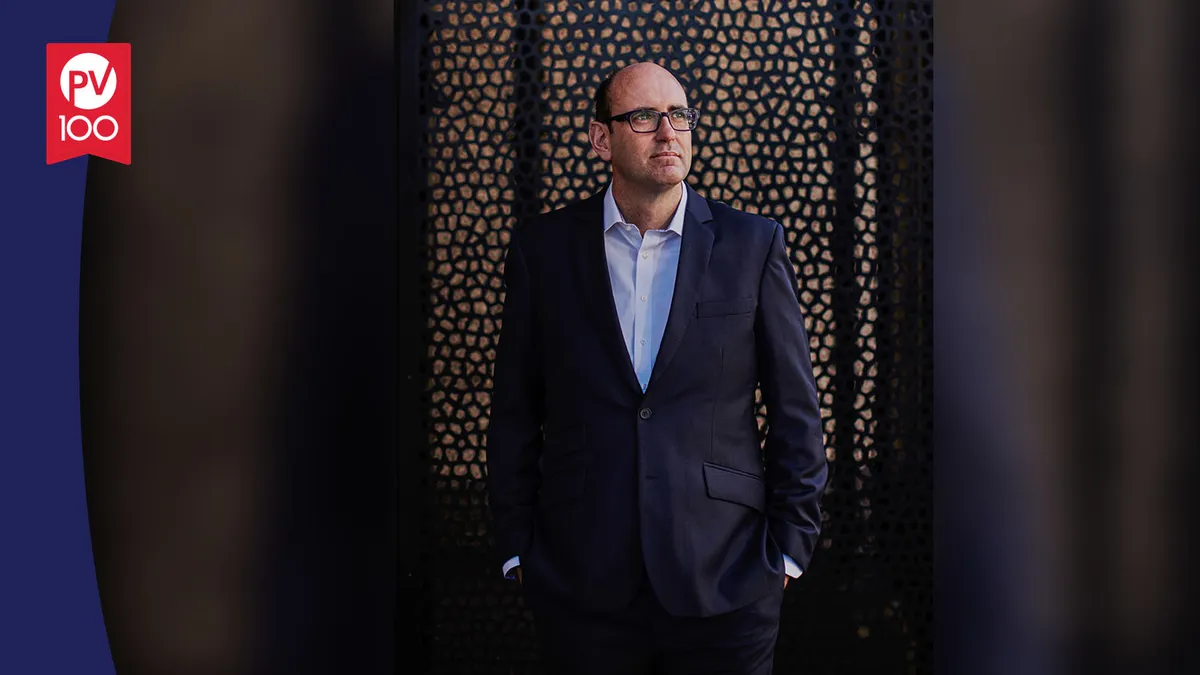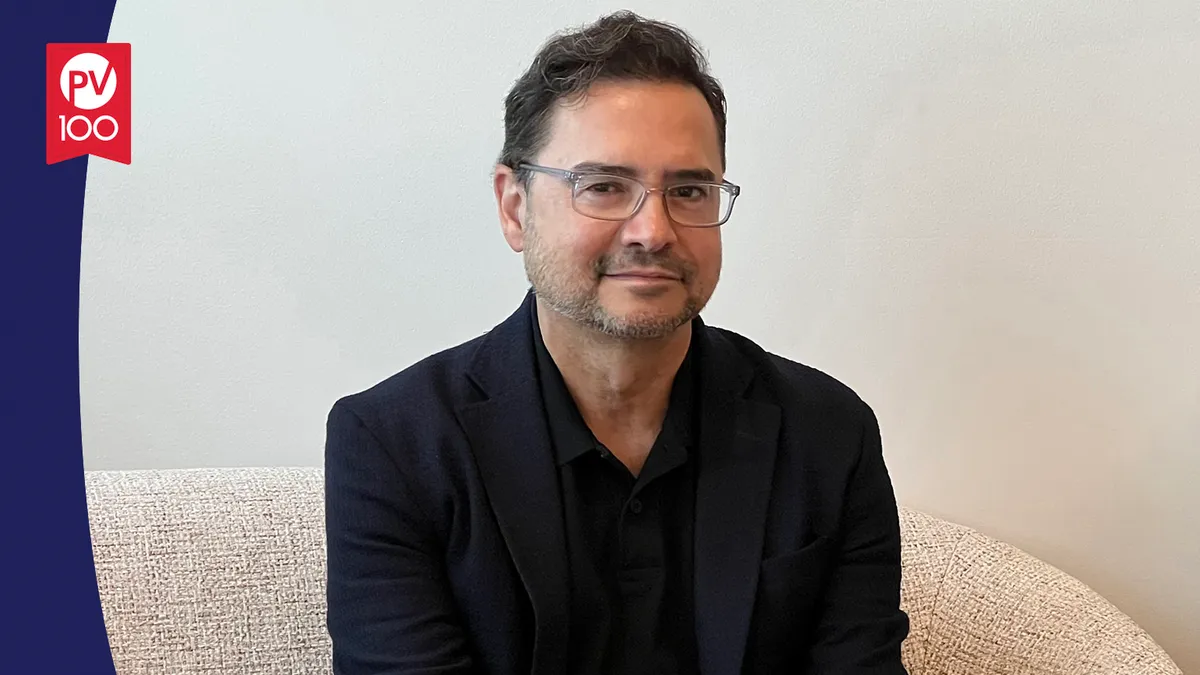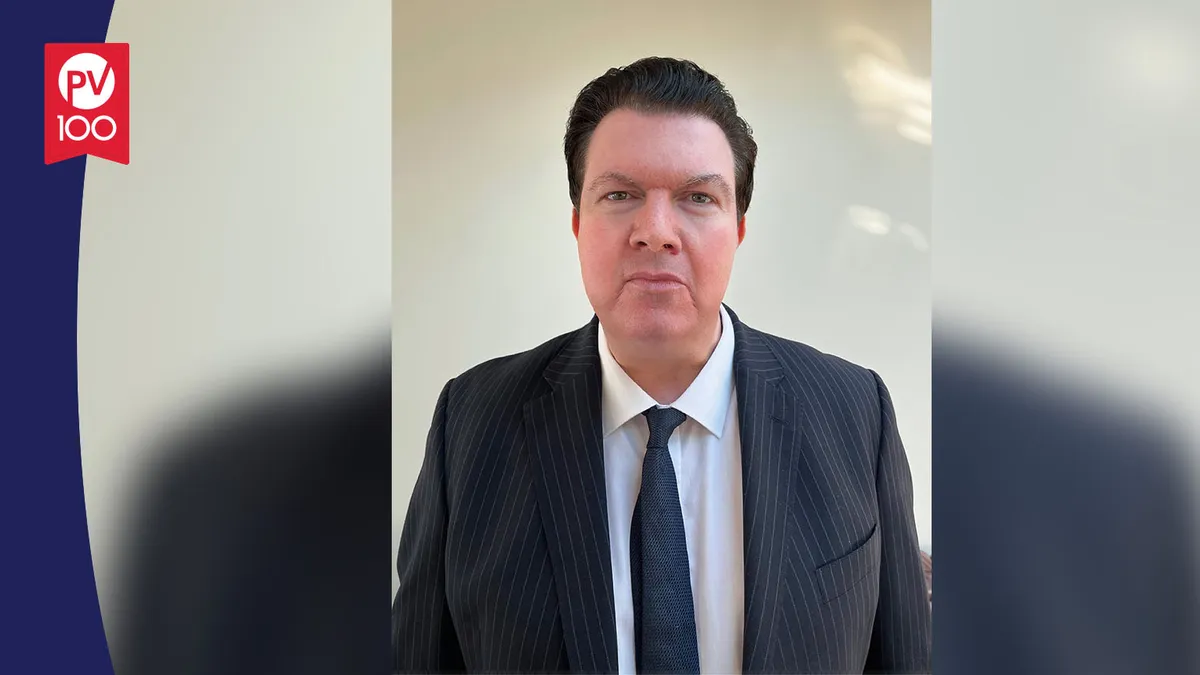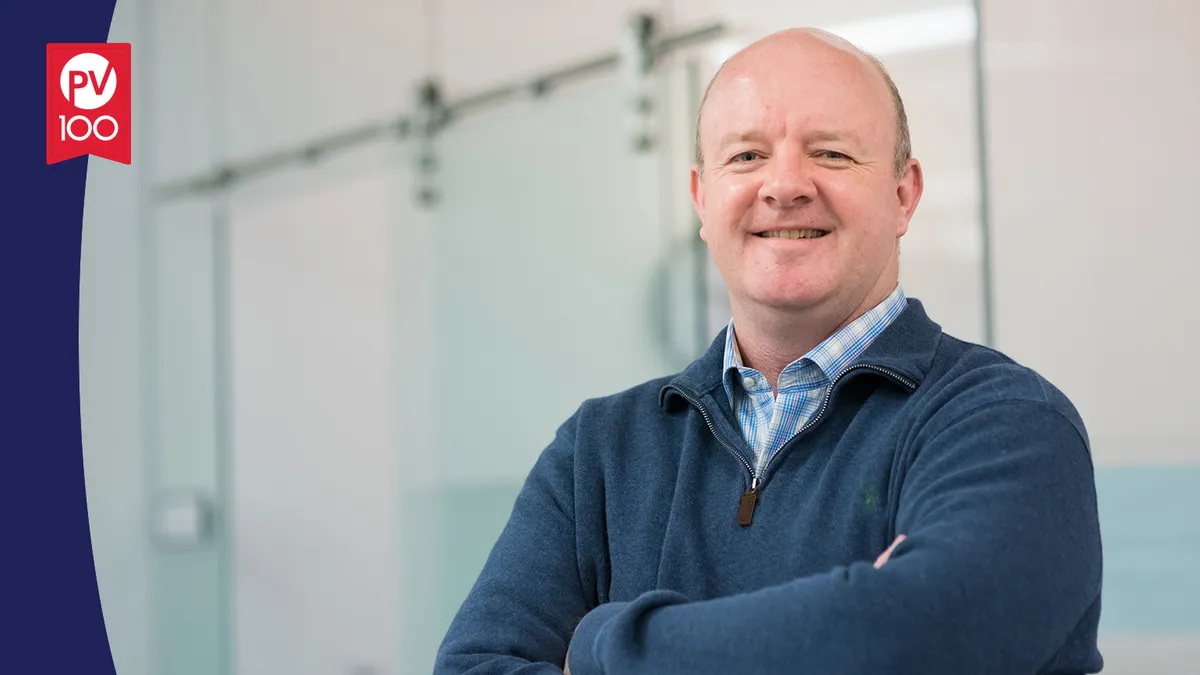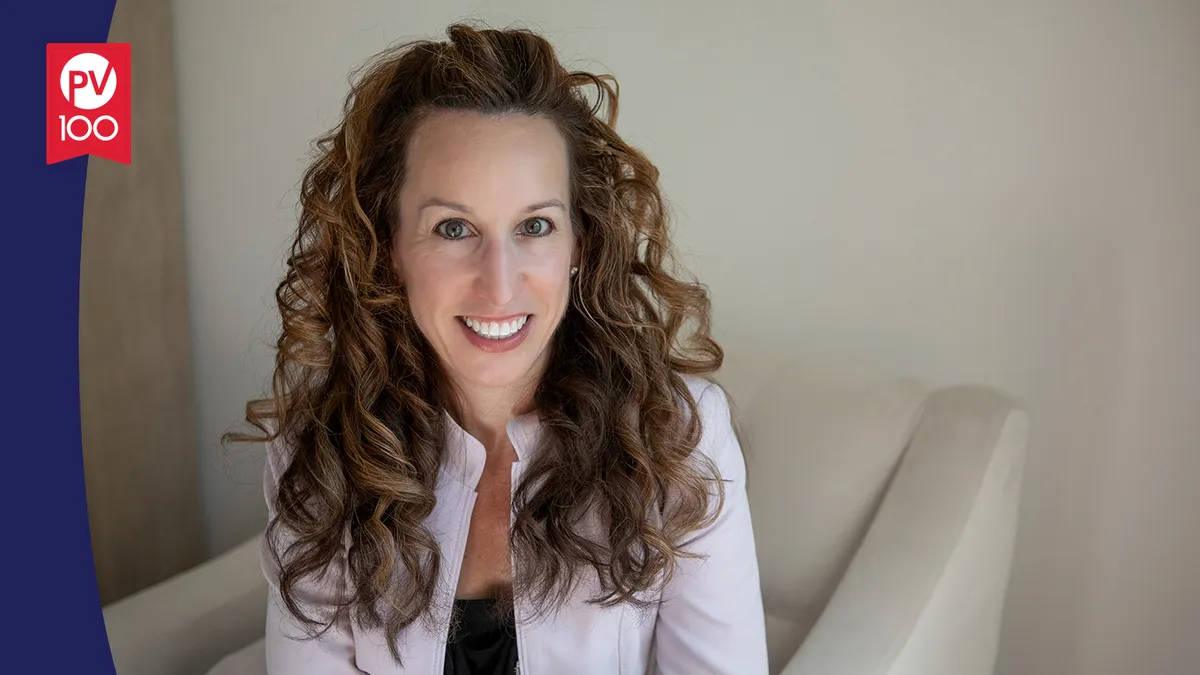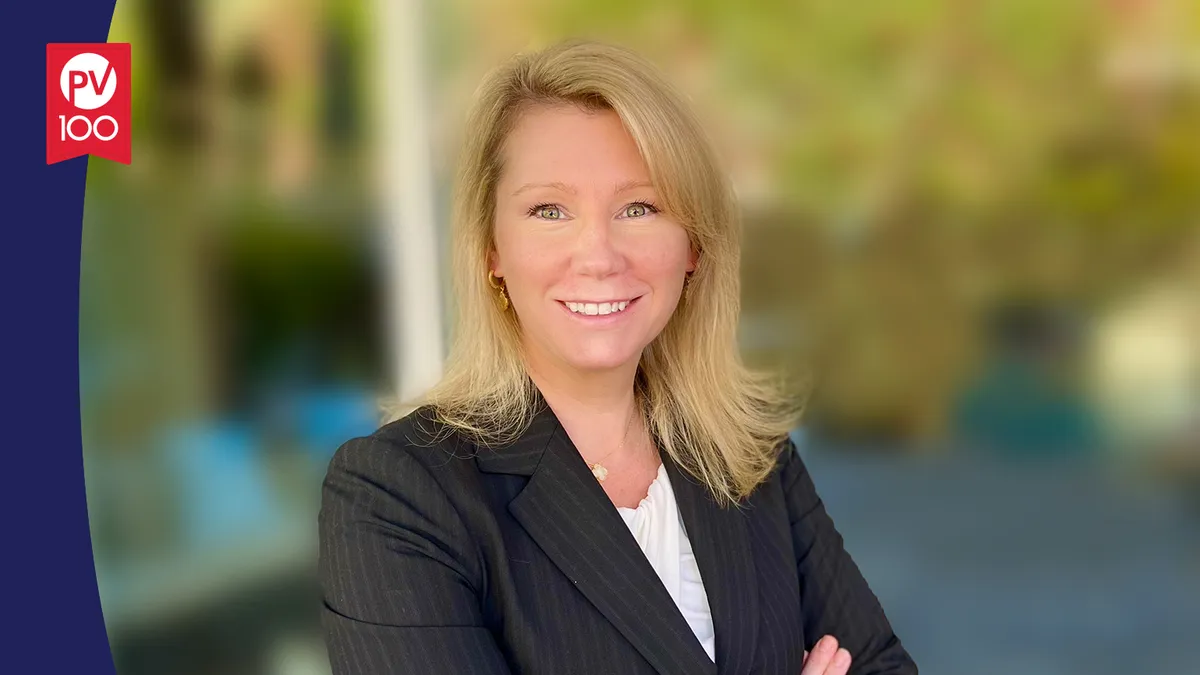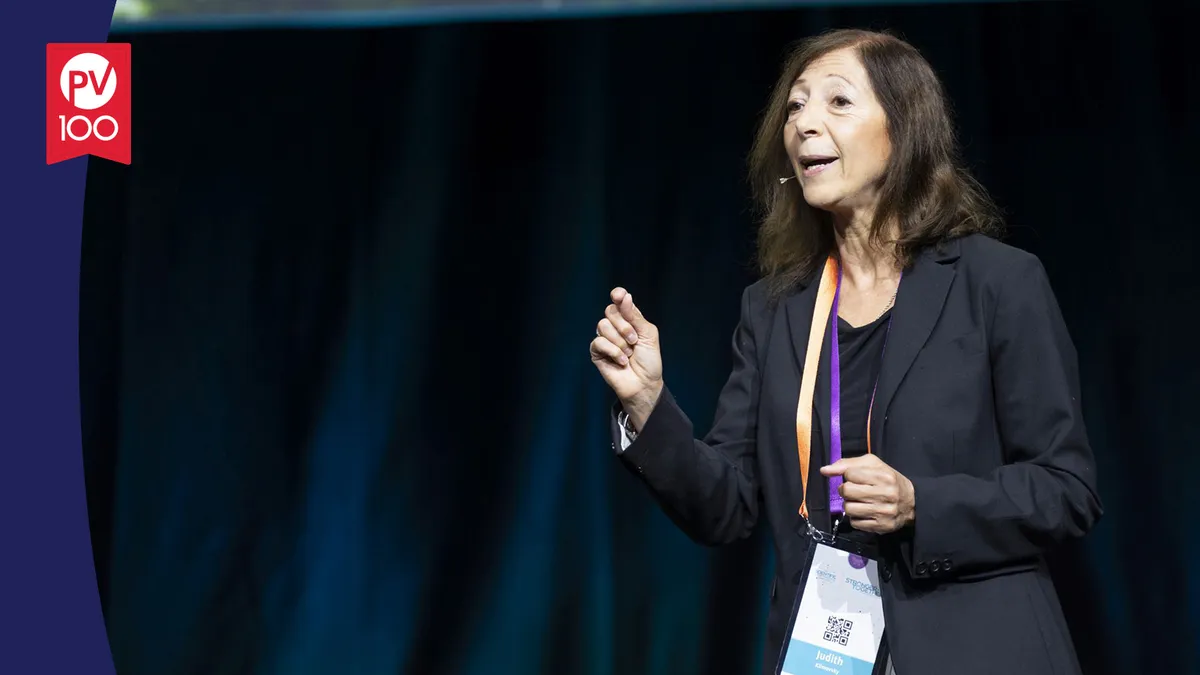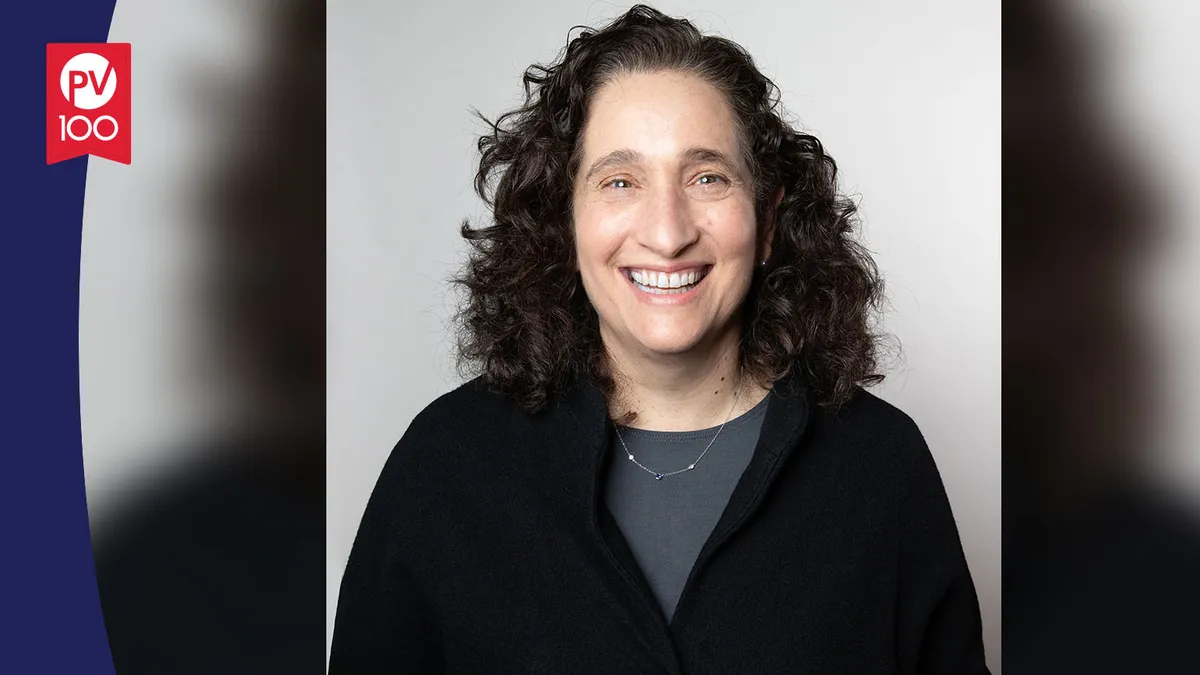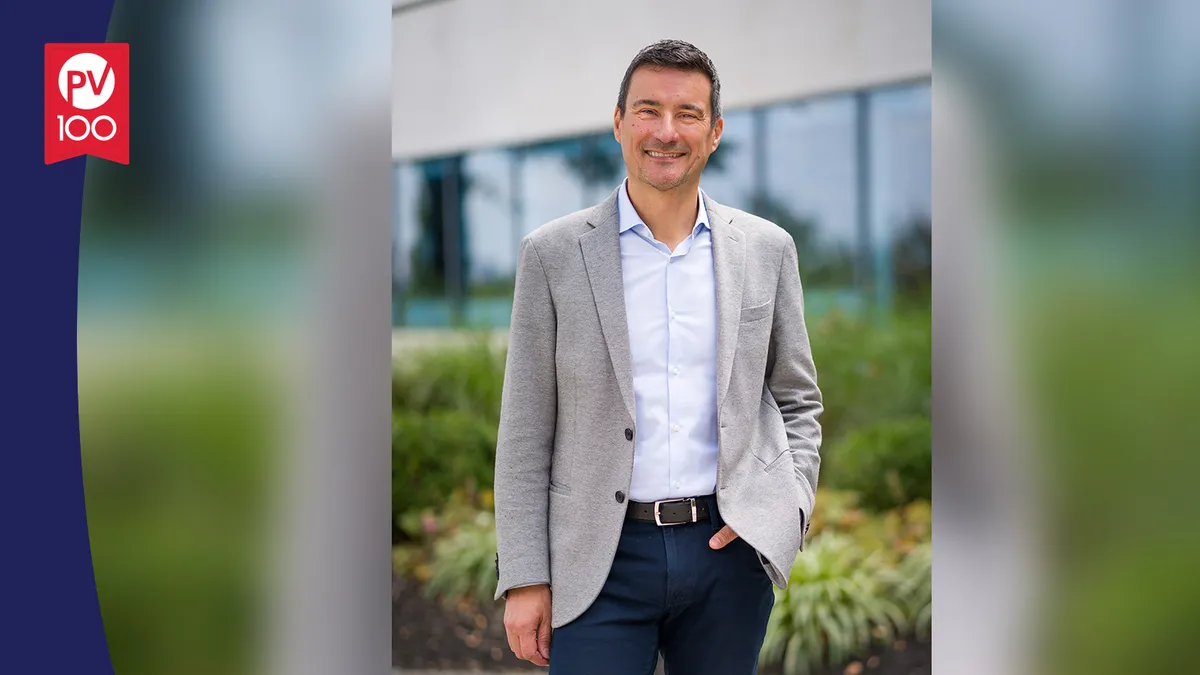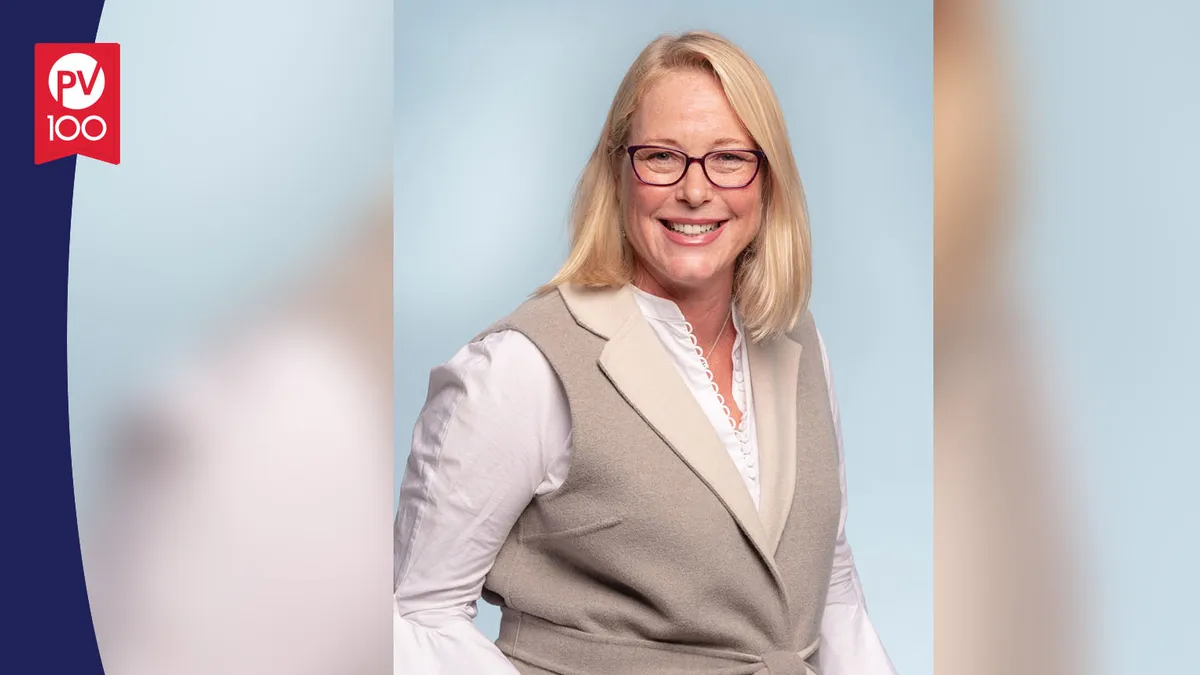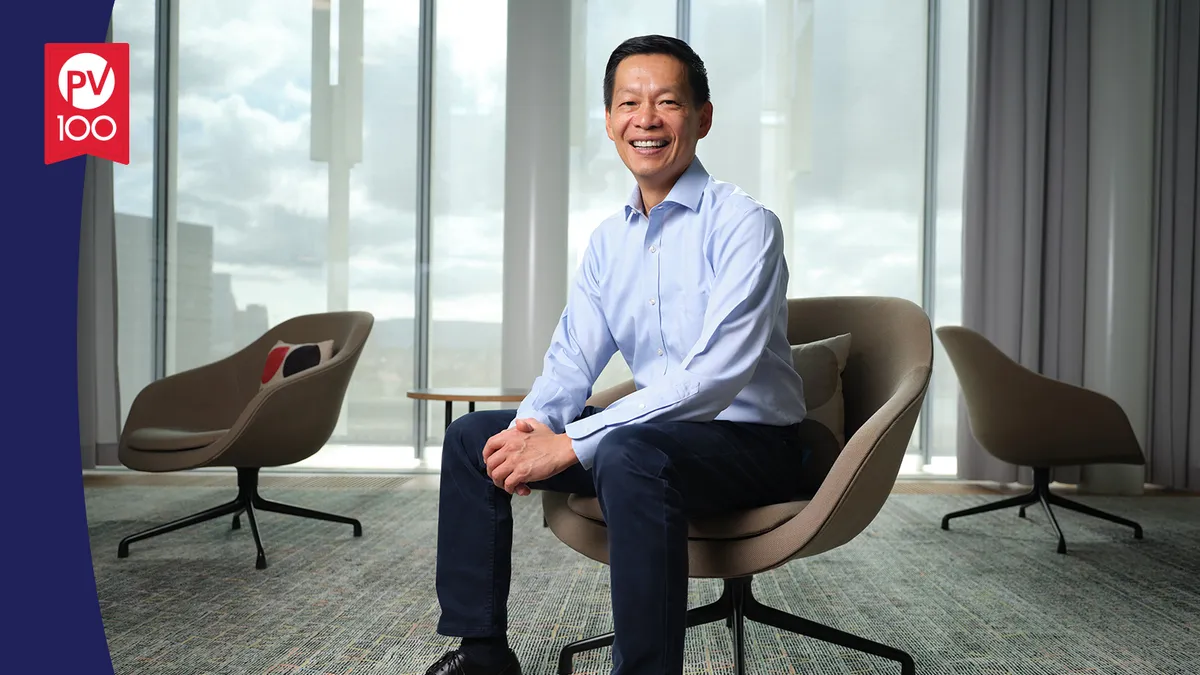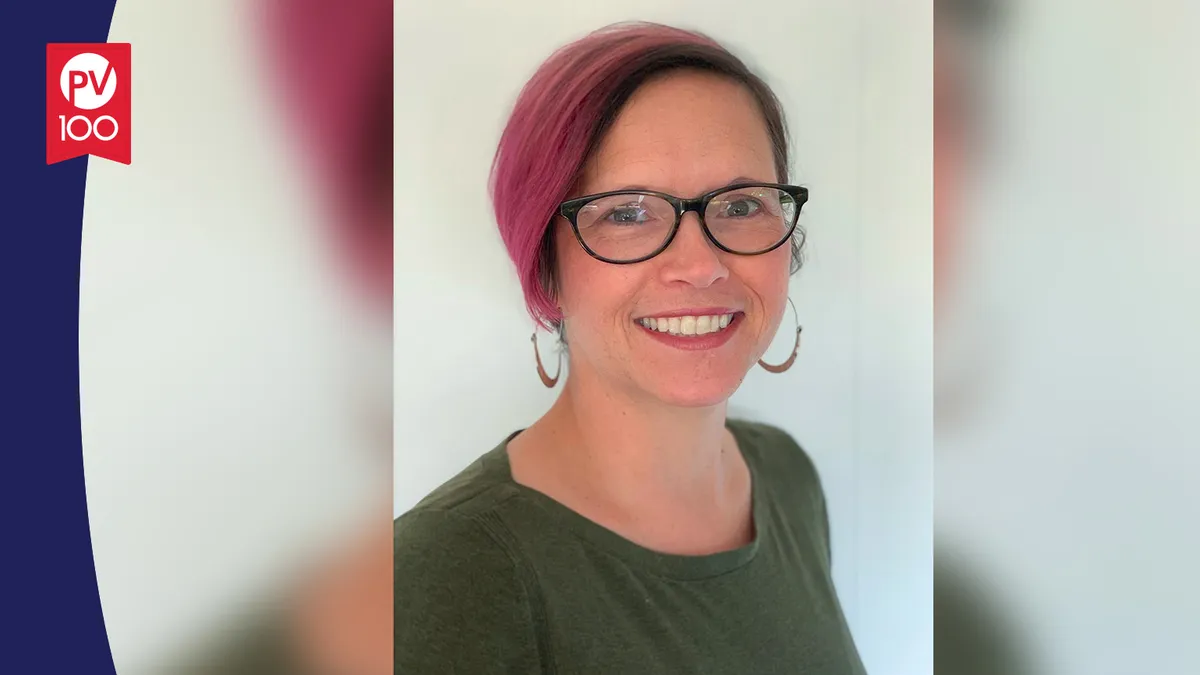Editor’s note: This story is part of our 2022 PharmaVoice 100 feature.
Advanced technologies like AI and digital patient engagement can do wonders for drug development and patient outcomes. And Kuldeep Singh Rajput, the founder and CEO of Biofourmis, is looking to leverage his company's tech-enabled multi-specialty care delivery model to lift these tools to the next level.
In particular, the company has specialized in digital therapeutics and Rajput's strategy has helped position Biofourmis at the cutting edge where it’s forged partnerships with some of the industry's biggest names — including Novartis, Chugai, a subsidiary of Roche, and Mundipharma — and attracted investor funding of $465 million in four rounds.
Rajput's vision is "to predict disease before it happens," according to one of his nominators. From an agreement with Chugai to measure pain using digital biomarkers, to a collaboration with Novartis to monitor patients after a heart failure diagnosis, to the AI-powered Biovitals analytics engine for ambulatory physiological monitoring, Biofourmis is providing the tech the industry needs to understand patients' needs.
Rajput's drive and scientific ambition have made Biofourmis what it is today, his colleagues say.
"[Rajput] is inspiring because his company — which started with two employees and has grown to nearly 600 in less than six years — is pioneering an entirely new category of digital health," a nominator says.
“The future of healthcare and clinical research is in the home.”
Kuldeep Singh Rajput
CEO, founder, Biofourmis
Another colleague illustrates just what makes Rajput the leader he is: "[His] vision, creativity, tireless work ethic, business savvy and scientific mind," have led to so many accomplishments in such a short time that he was planted on Forbes' "30 under 30" list in 2019.
"During this incredible growth and diversification period, [Rajput] has not lost focus on the origins of his company: partnering with pharma companies to develop and then optimize drug therapies for improved efficacy and outcomes," another nominator says, noting that Biofourmis recently achieved health tech "unicorn" status— a startup with a valuation of $1 billion or more.
"Although Biofourmis is only six years old, [Rajput] has already made a significant impact in the pharmaceutical industry and healthcare overall," a nominator says.
Here, Rajput explains the idea that pulled him into the industry and why he keeps an hourglass on his desk.
PharmaVoice: What initially drew you to the life sciences industry?
Kuldeep Singh Rajput: Pharma companies work hard on developing novel therapies for the treatment of various conditions and diseases. I realized back when I was a Ph.D. student that with certain difficult-to-treat conditions, sometimes drug therapy isn't enough. I was drawn to life sciences by the idea that digital therapies can complement certain types of pharmacotherapy and make it much more effective. … [T]o be effective, therapeutic management and dosing need to be highly personalized. That's why it's been my mission to apply artificial intelligence and machine learning to data captured from patients to personalize dosing, which creates a care model that improves clinical outcomes and reduces cost.
What's the most meaningful item on your desk, and why?
I have a traditional 30-minute hourglass on my desk that is a visual reminder of the importance of my time — and everyone else's time. I like to have meetings that aren't very long. My approach is: Let's get to the bottom of the issue, solve it and move on. This way, meetings are goal-driven and not just about planning.
What new leadership skill did you learn over the past two years that you will continue to bring forward?
When you're rapidly scaling a business like Biofourmis, learning to delegate is extremely important. I've been able to do that by building a strong leadership team with the right expertise and experience. I trust my team and have been able to delegate responsibilities to them that don't require my input. That way, I can focus on the things that matter most in order to continue building a successful, scalable, sustainable business. My executive leadership team in turn continues to build their own teams that they can delegate to, so that they too can focus on the highest-priority items.
Another skill I've learned is adaptability. As a leader of a startup, it's extremely important to know how to adapt and pivot when the world around you changes. … Adaptability isn't just important to grow our business — it also means we can make a greater impact that can ultimately improve patient care and outcomes.



